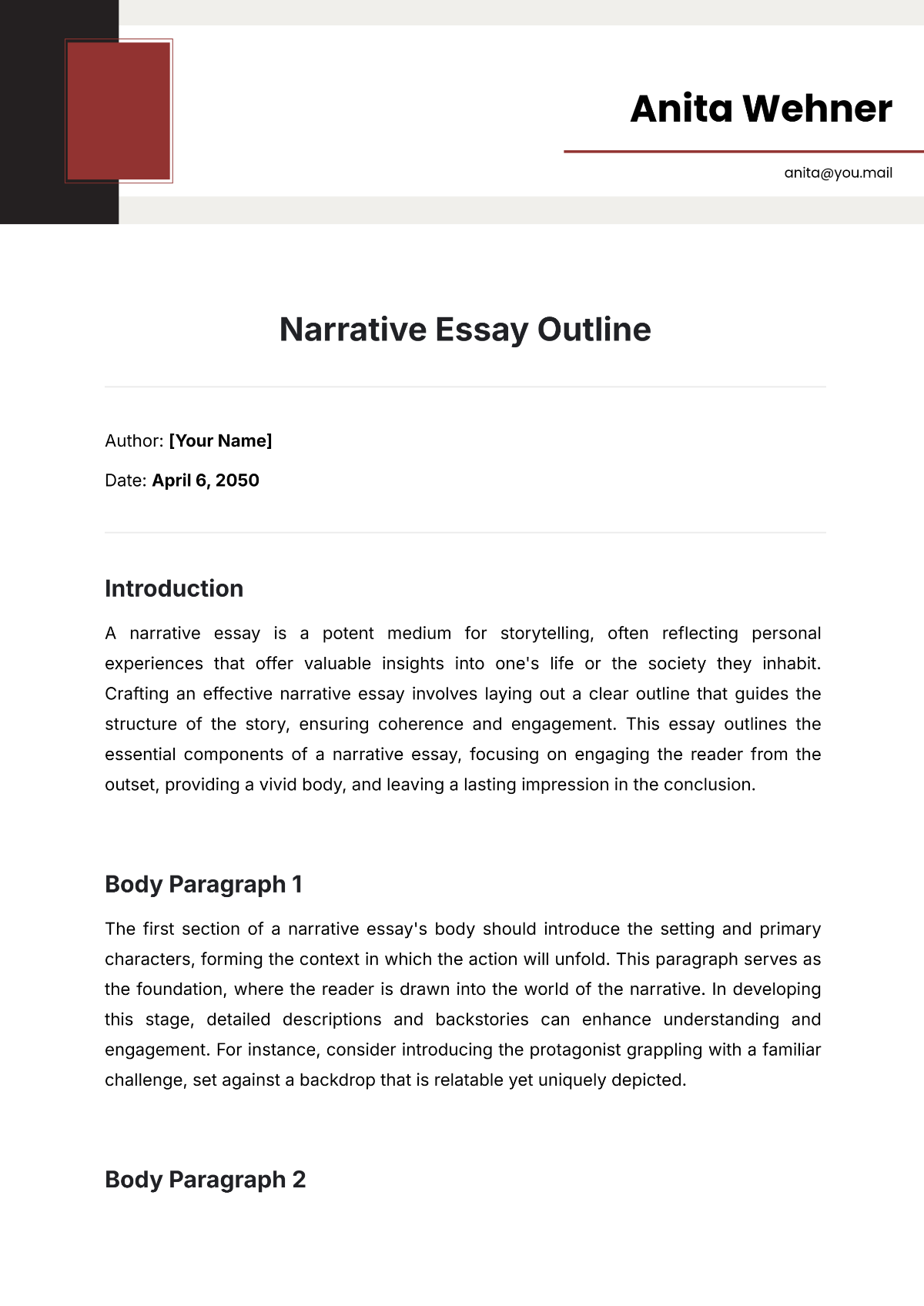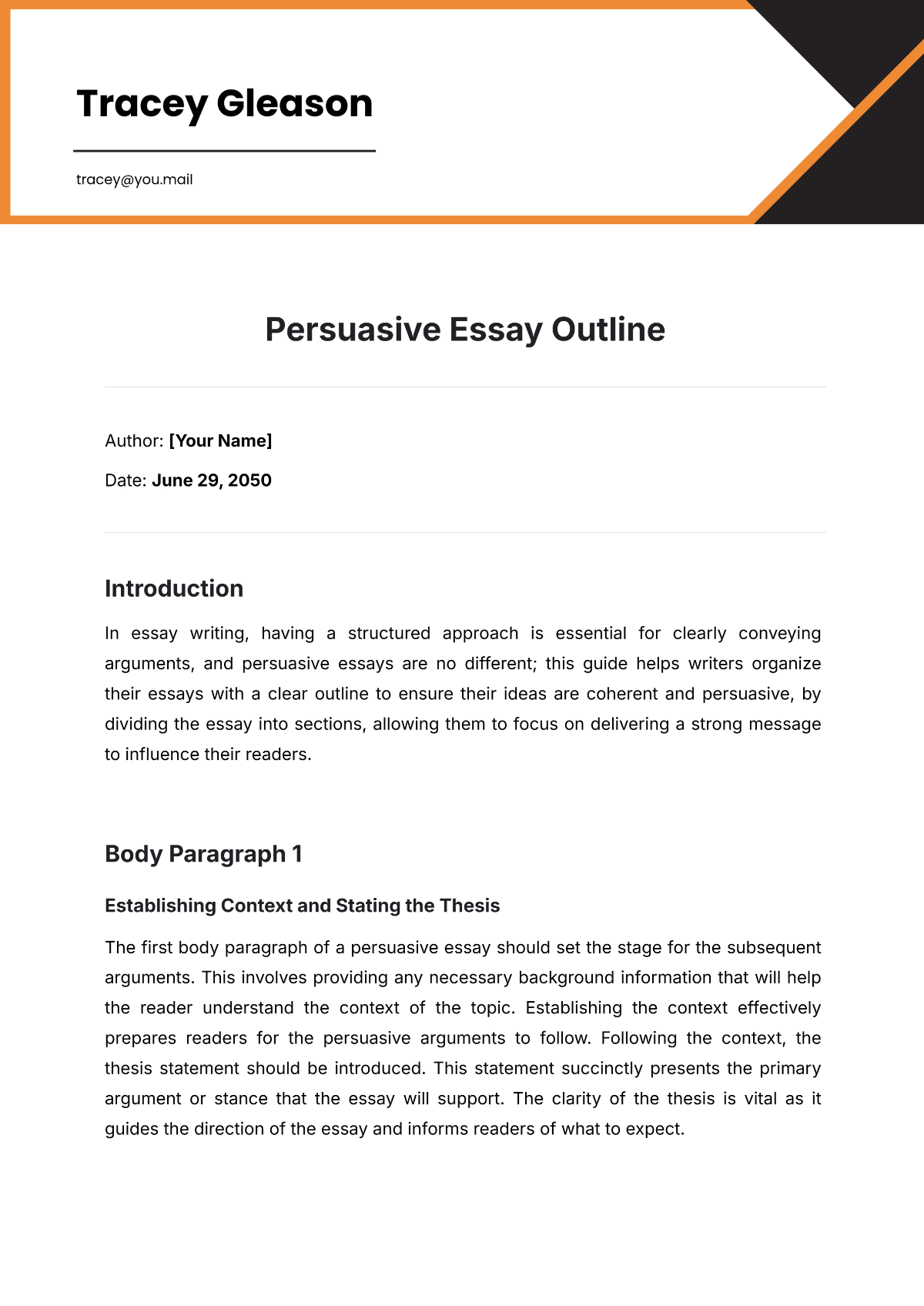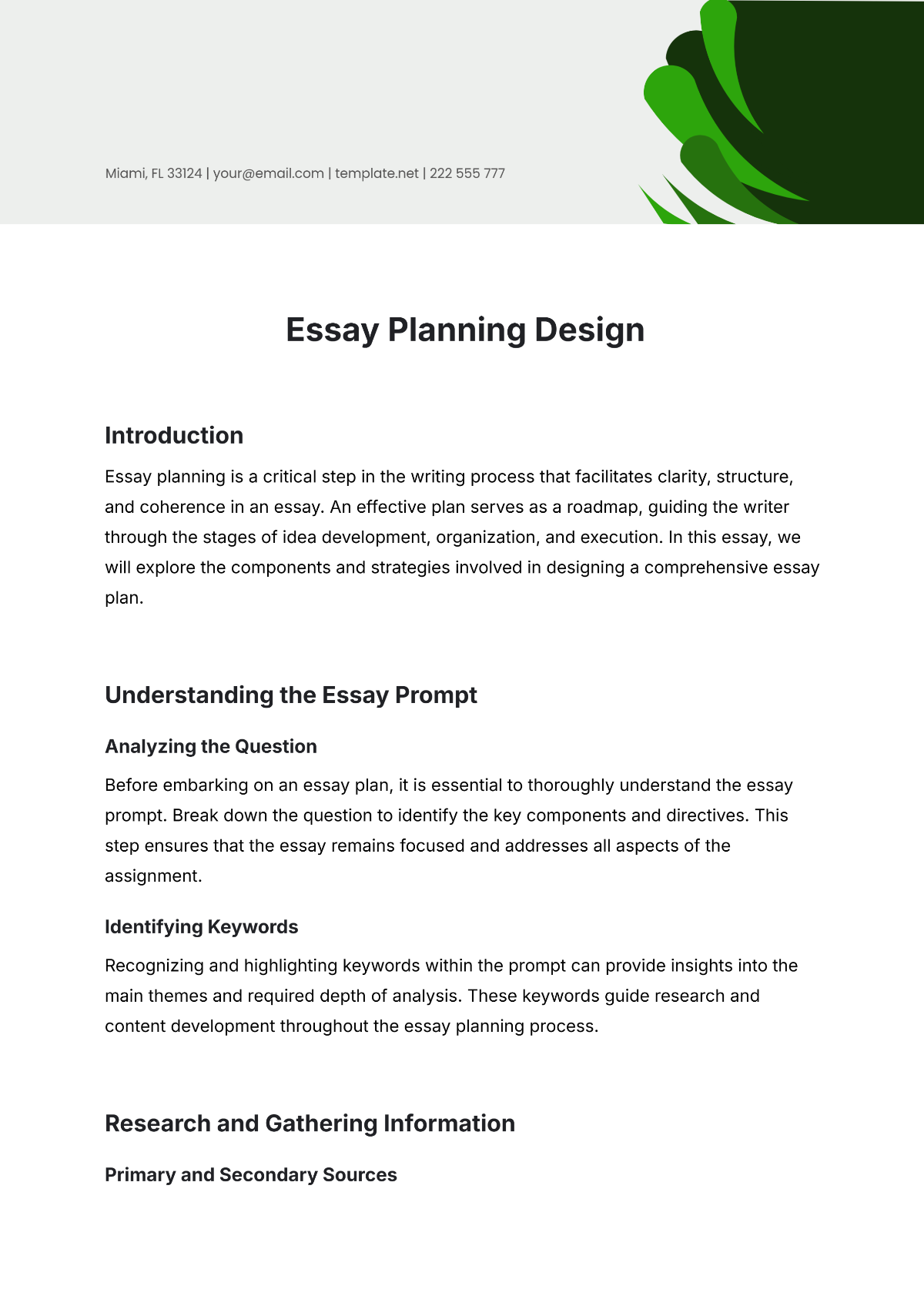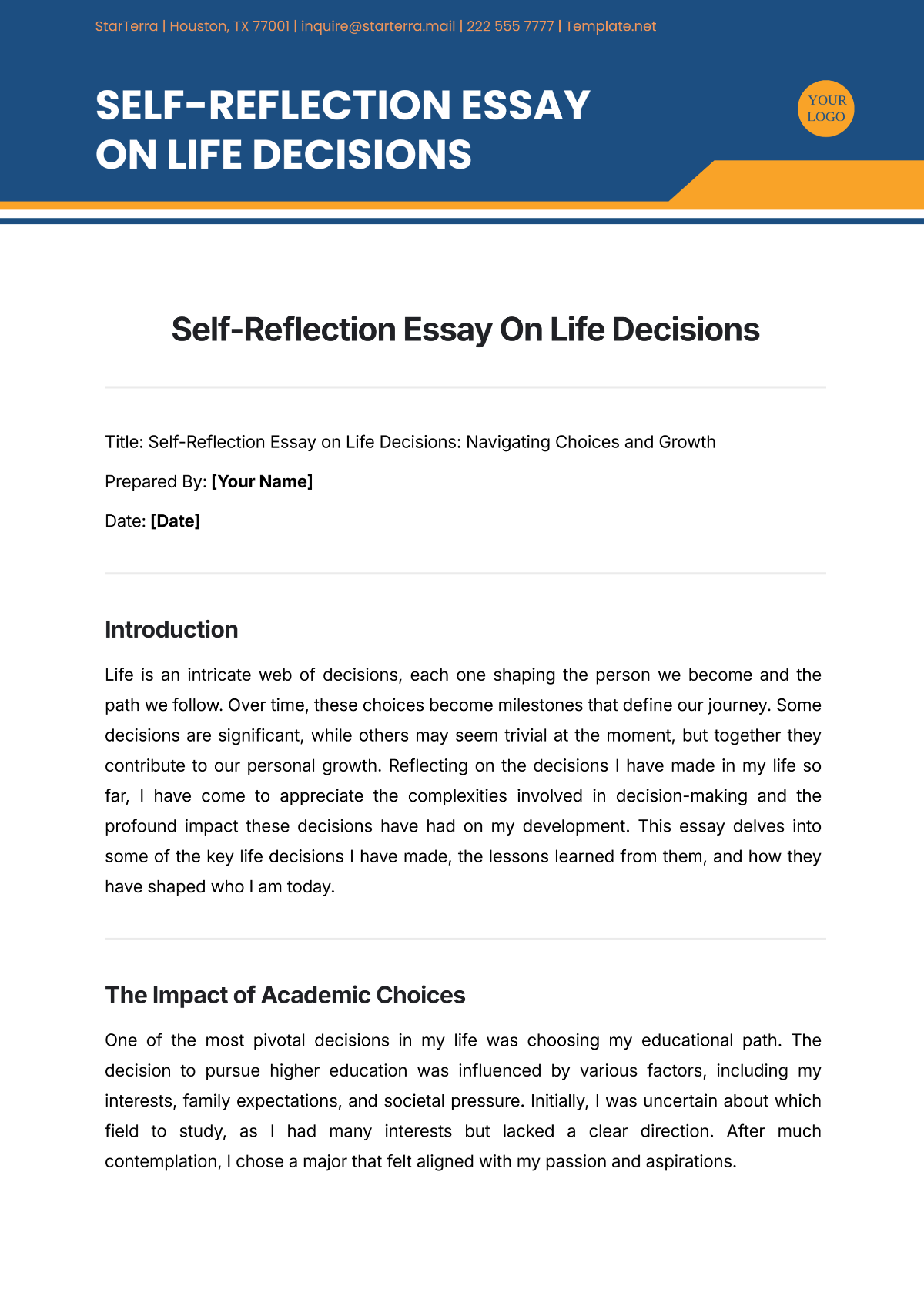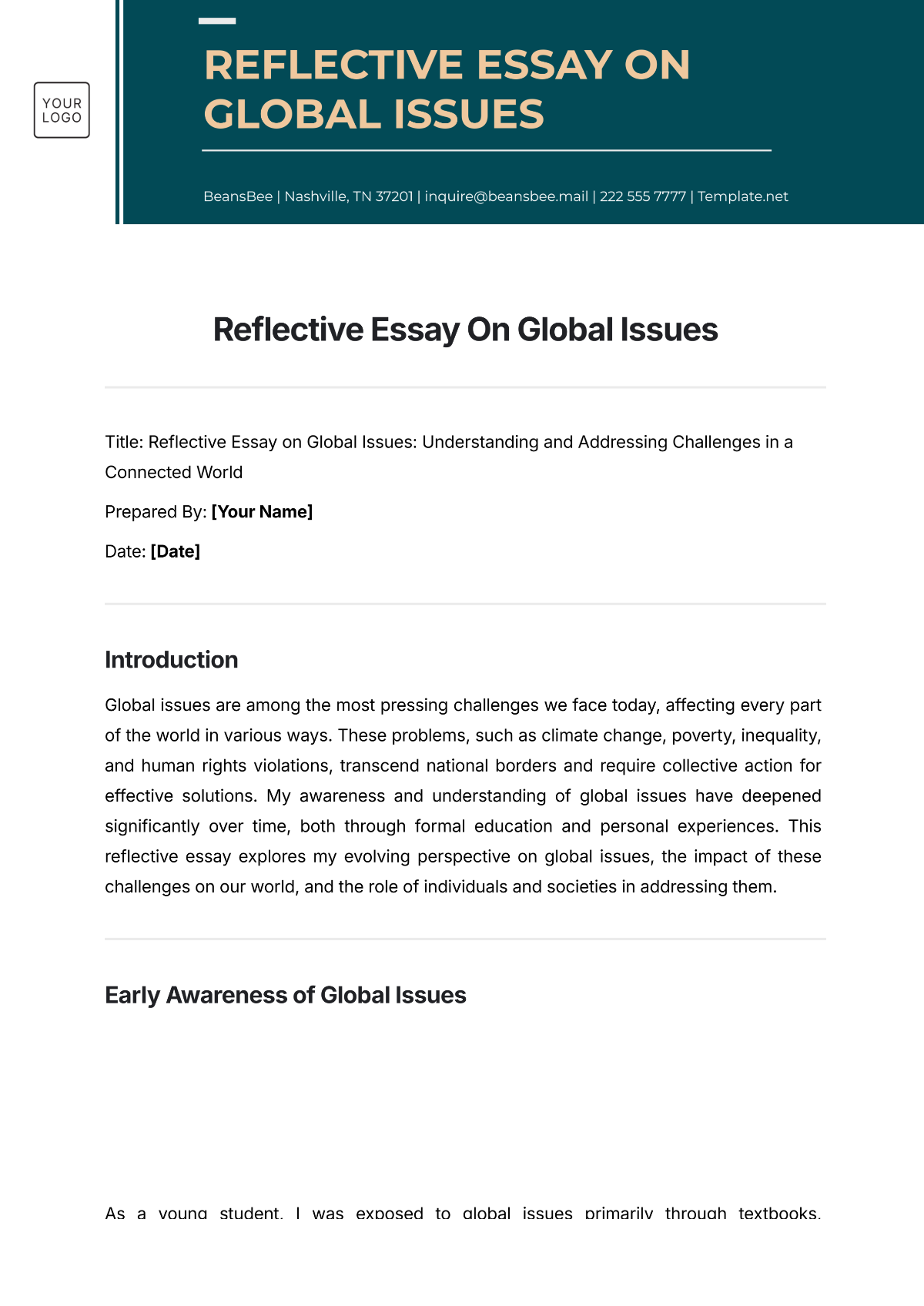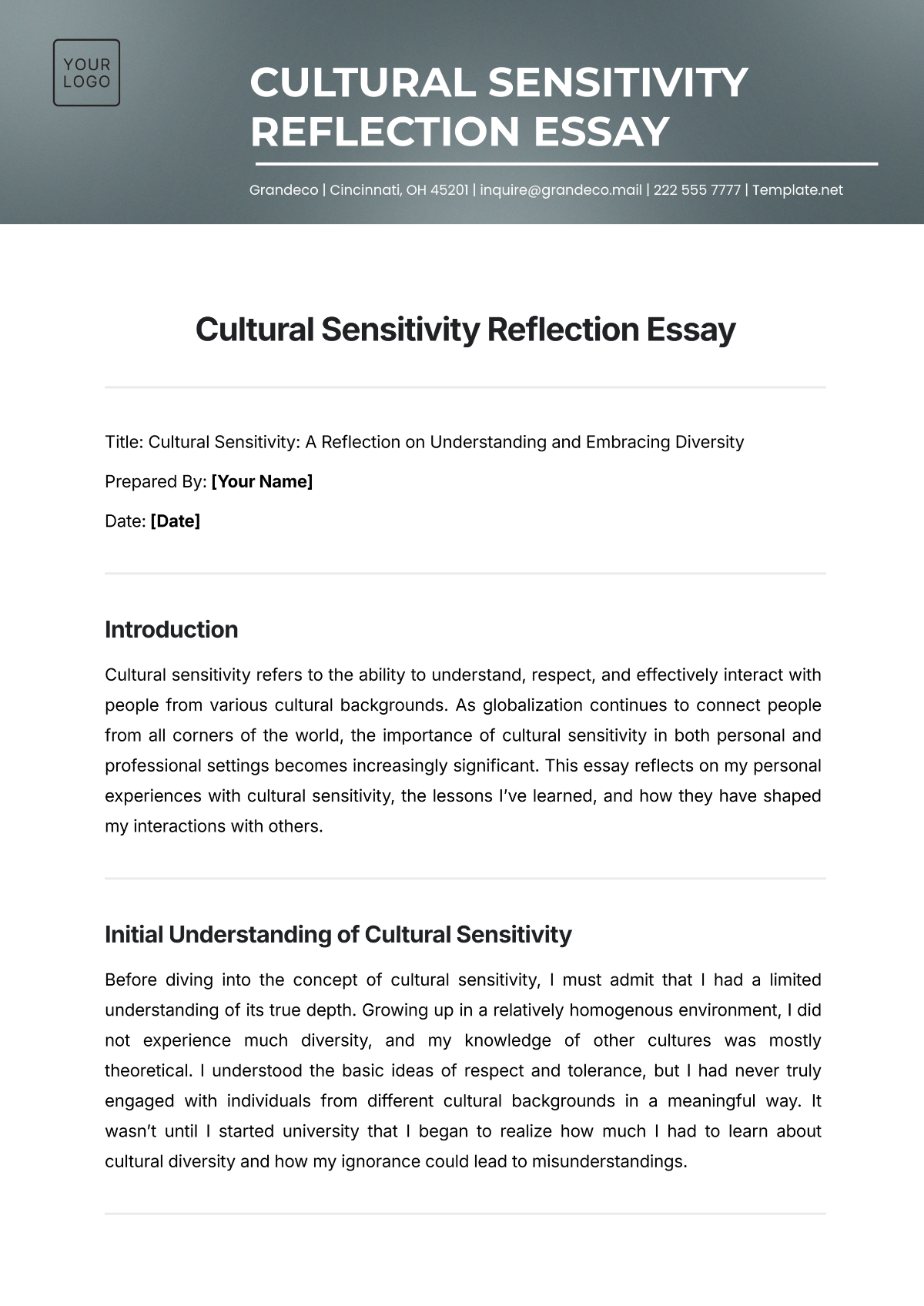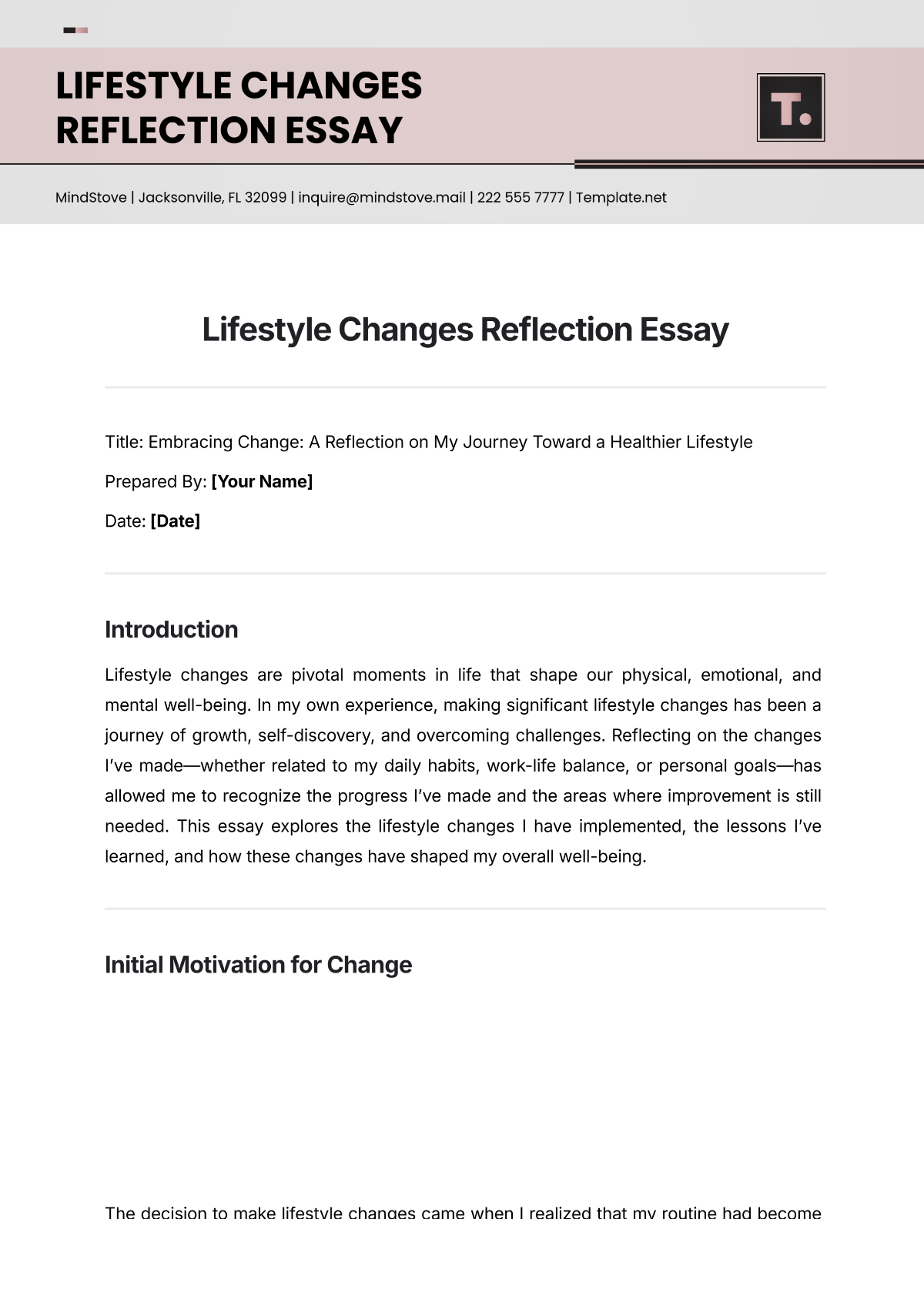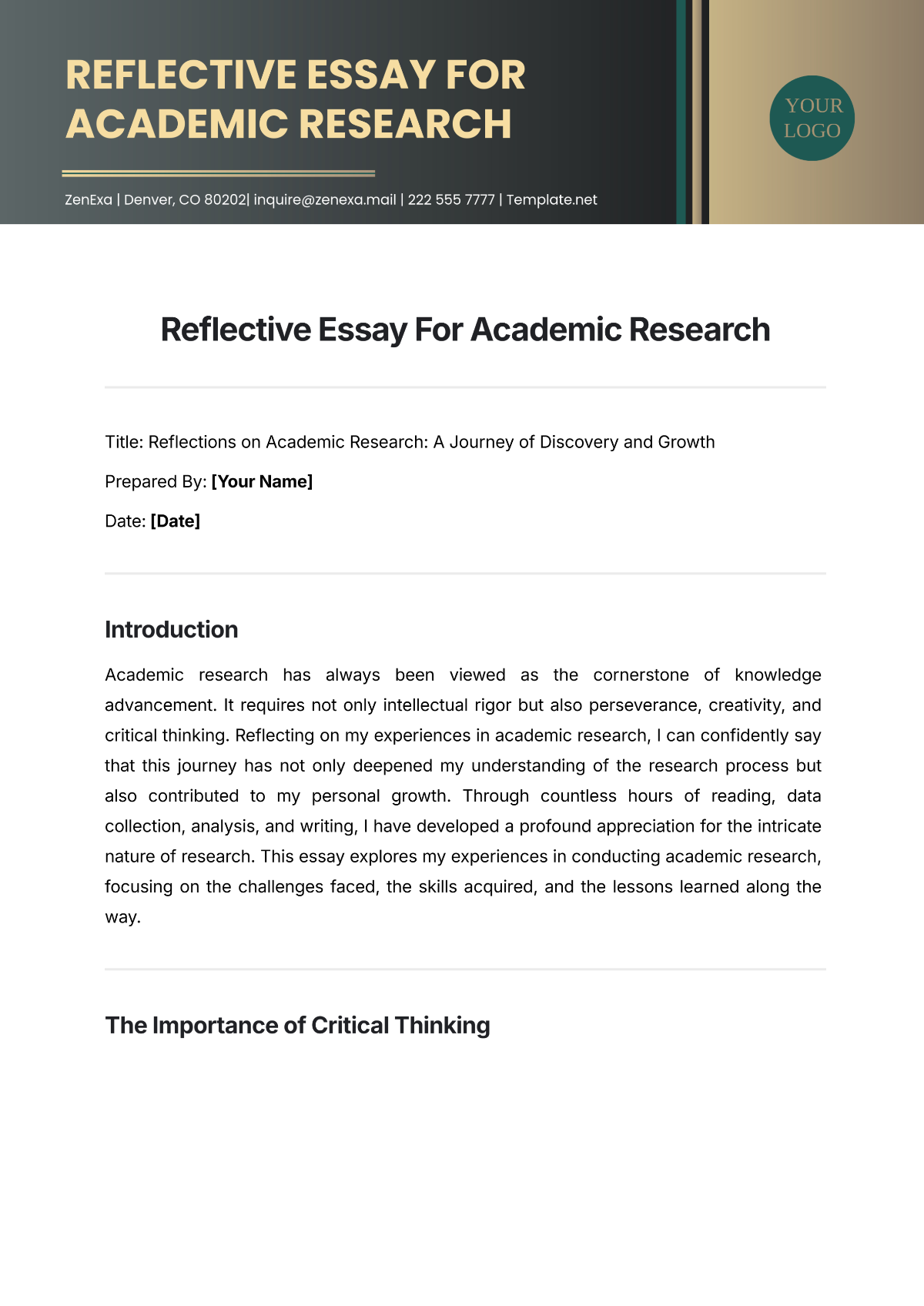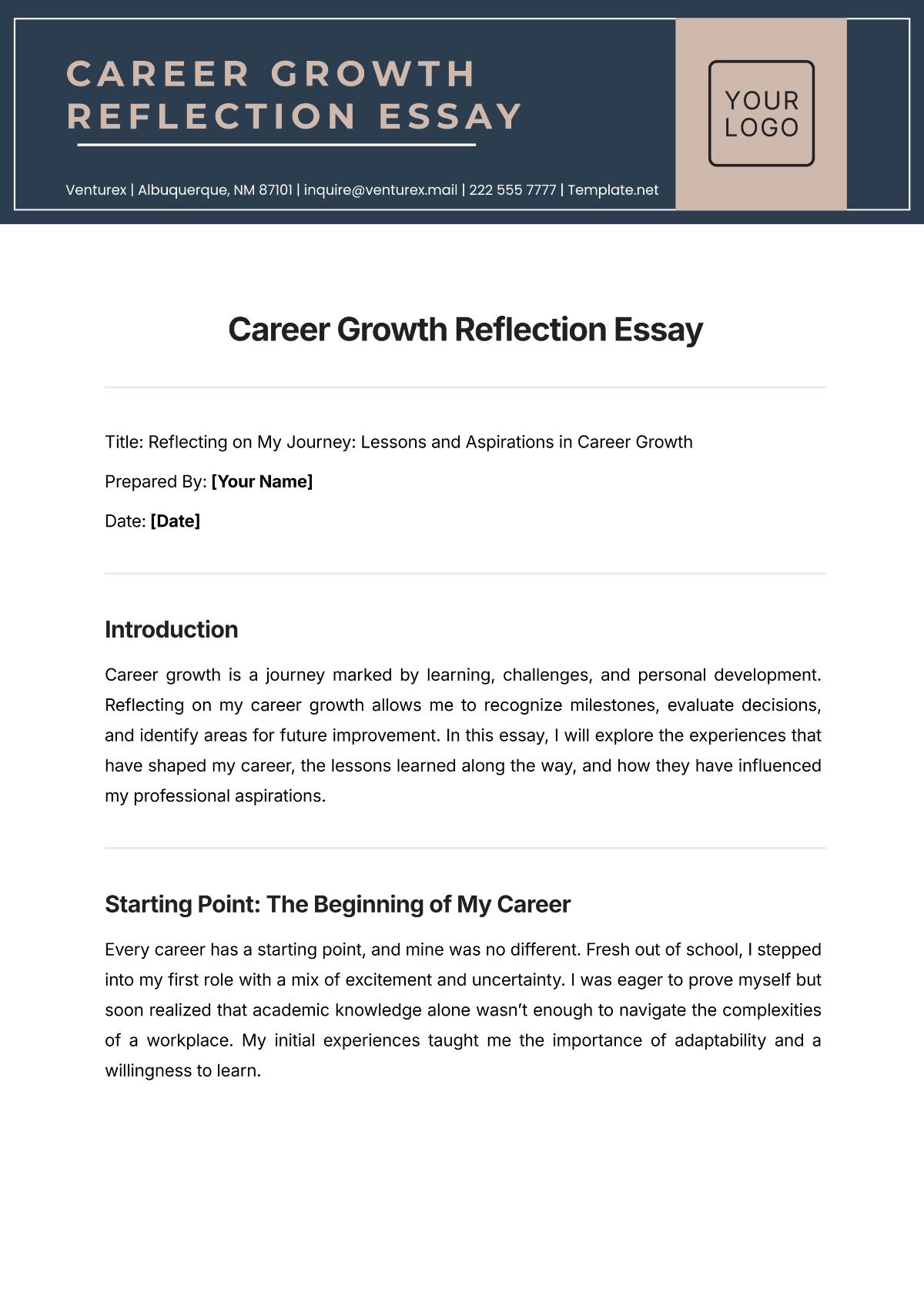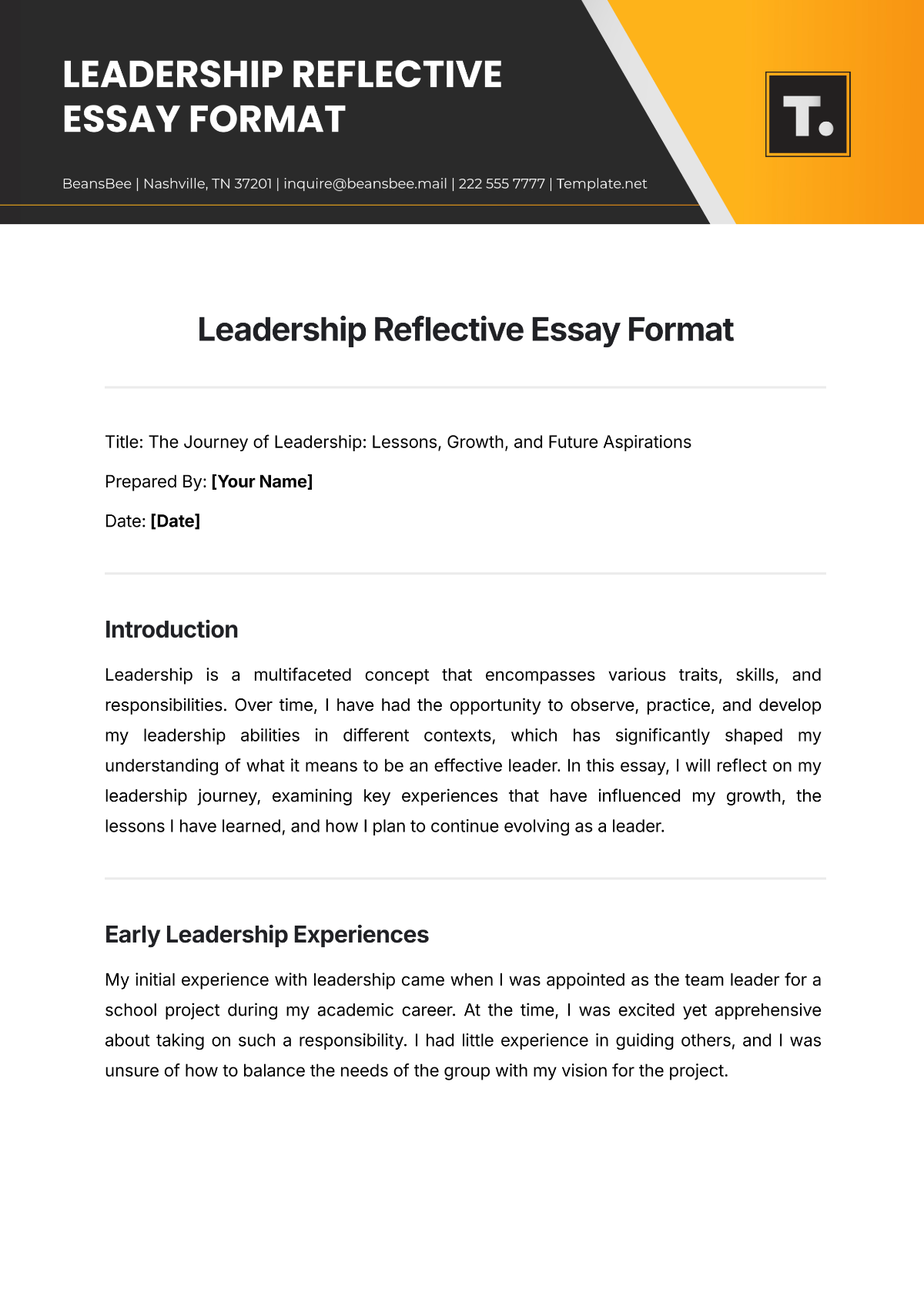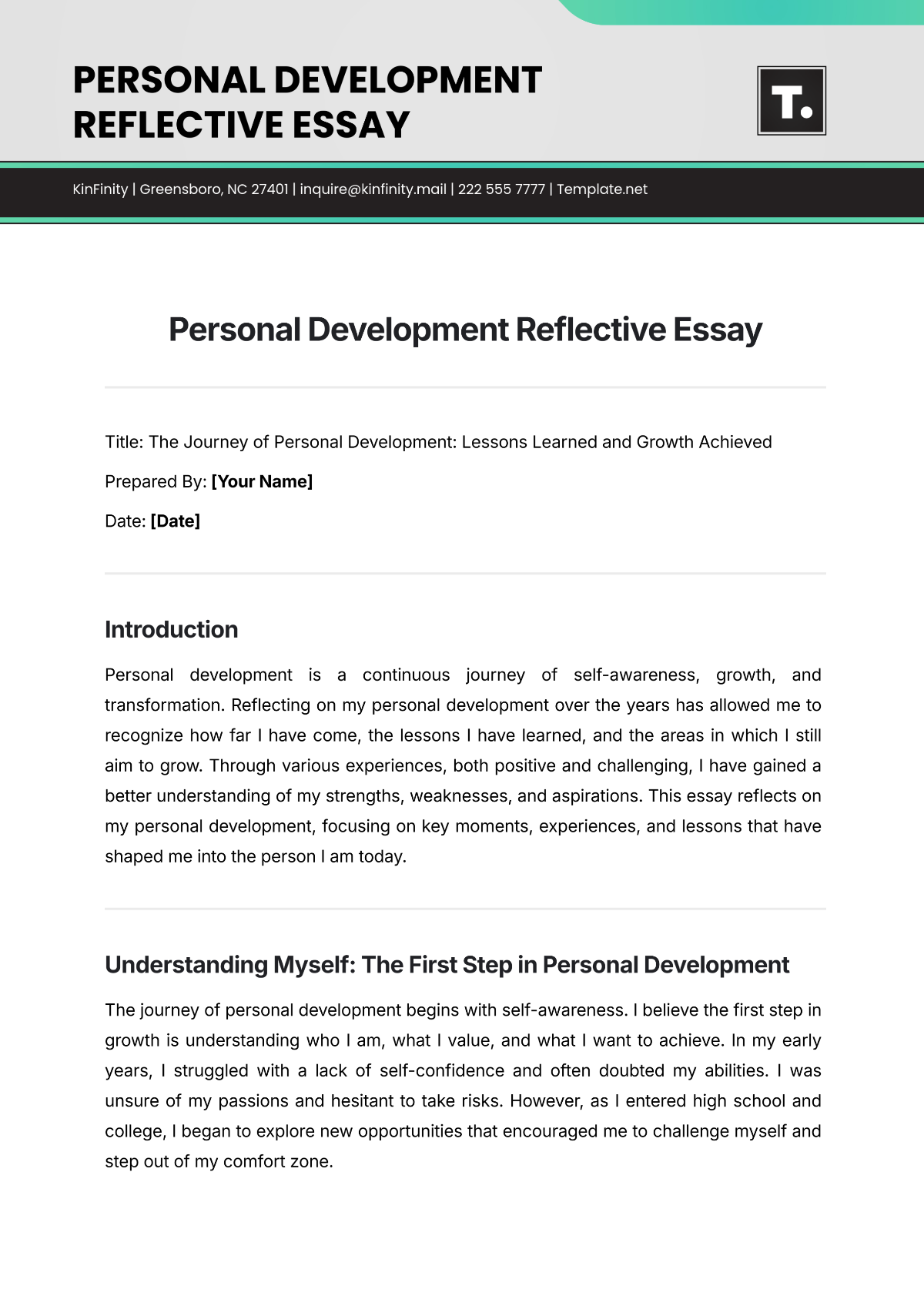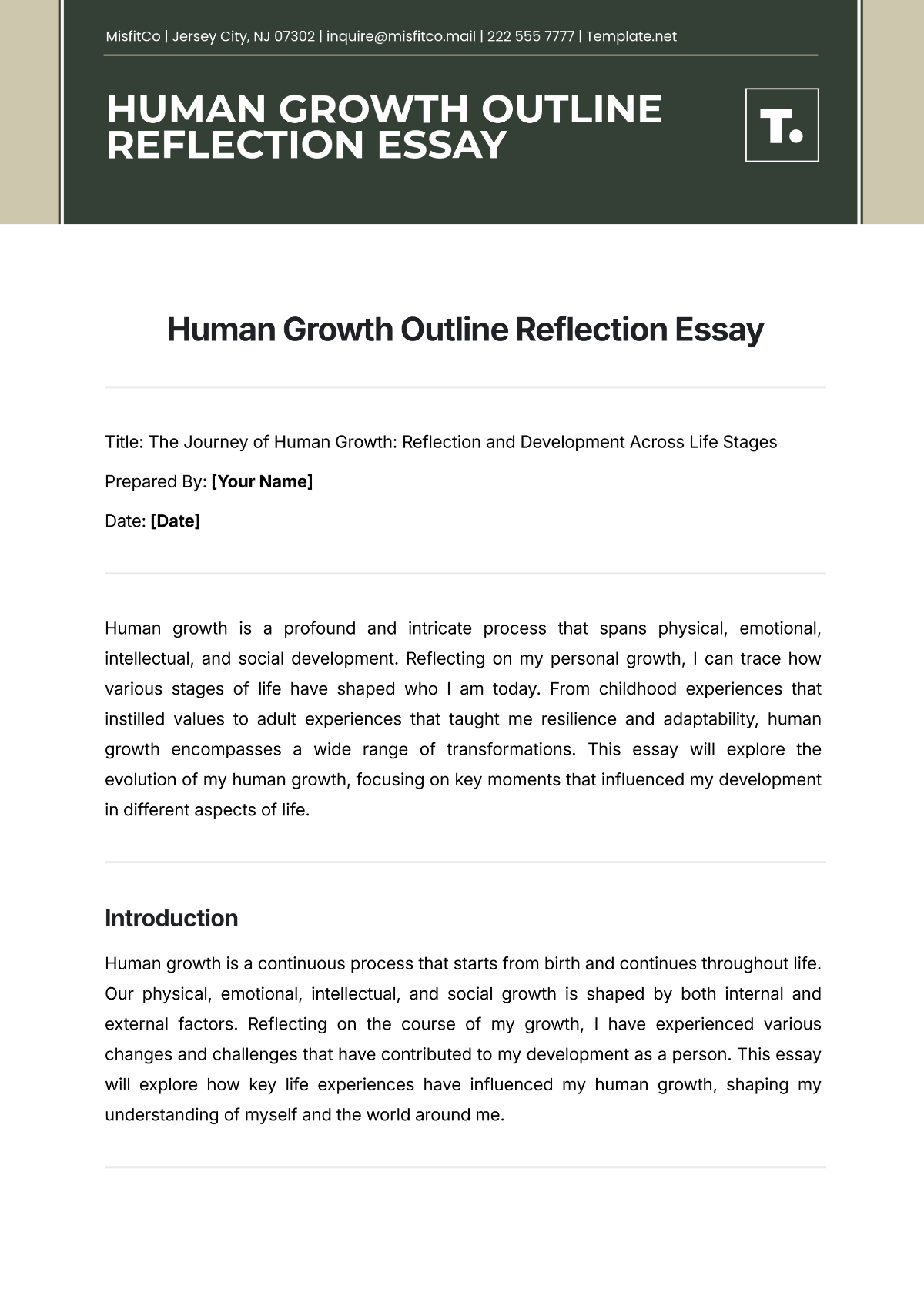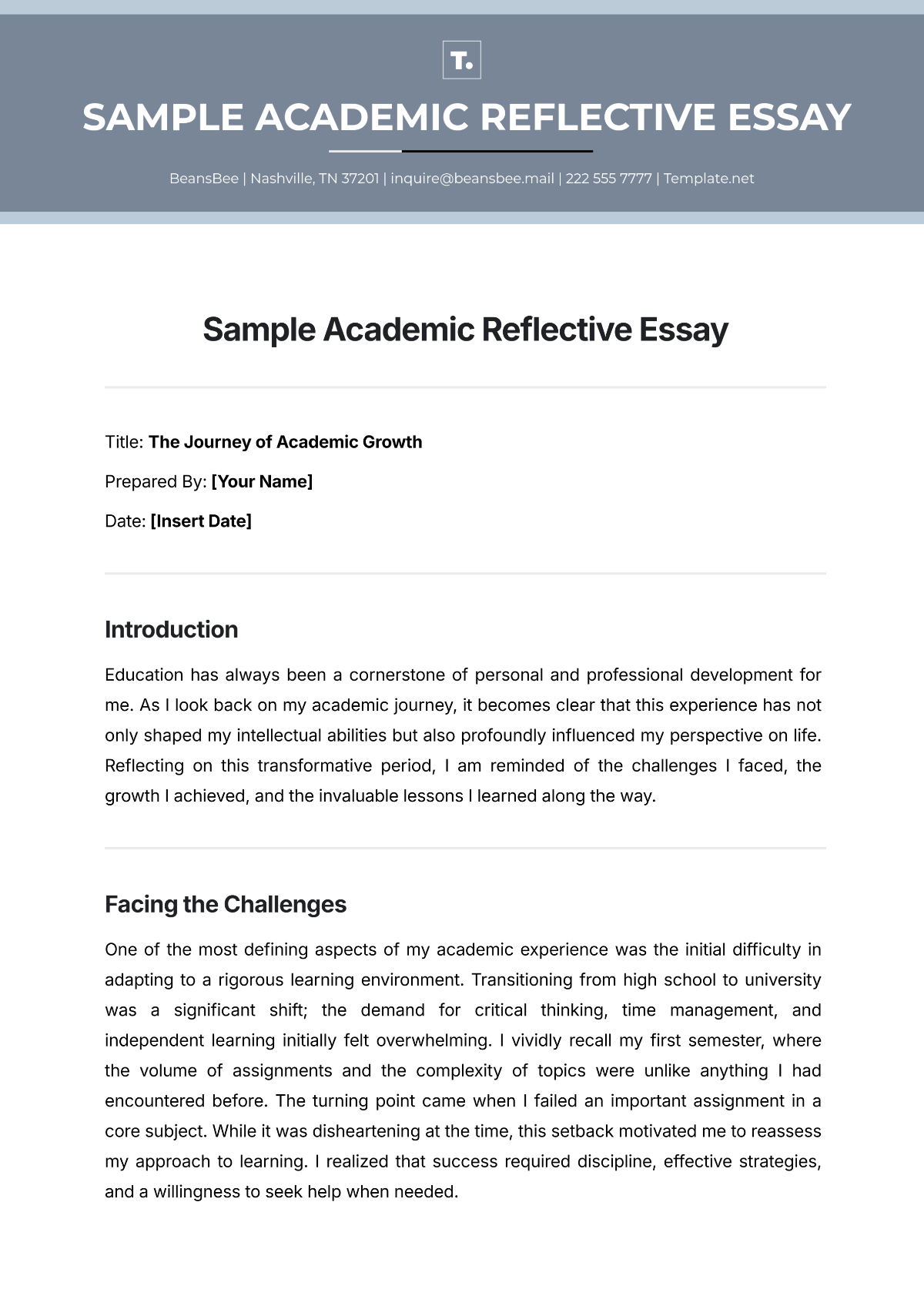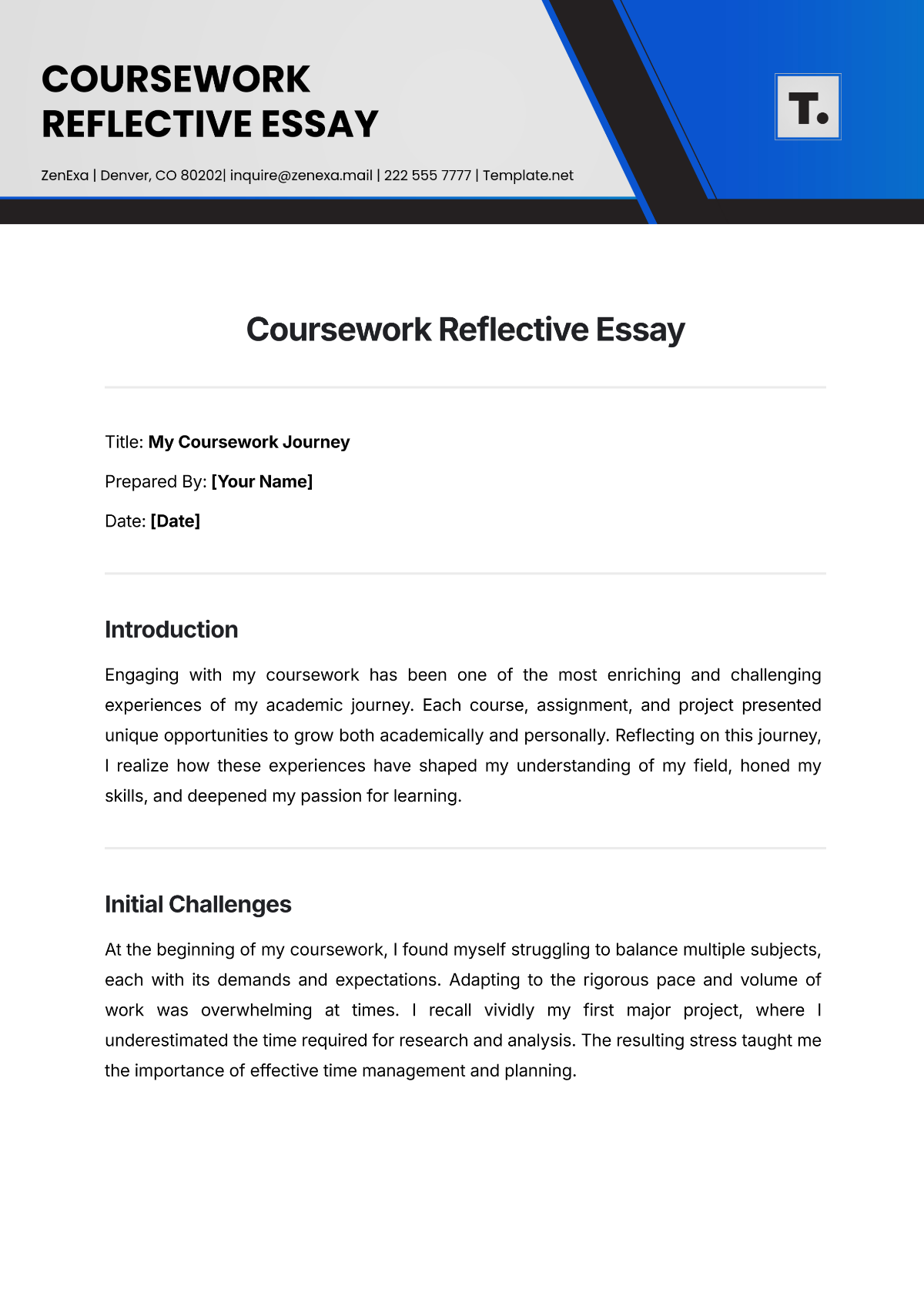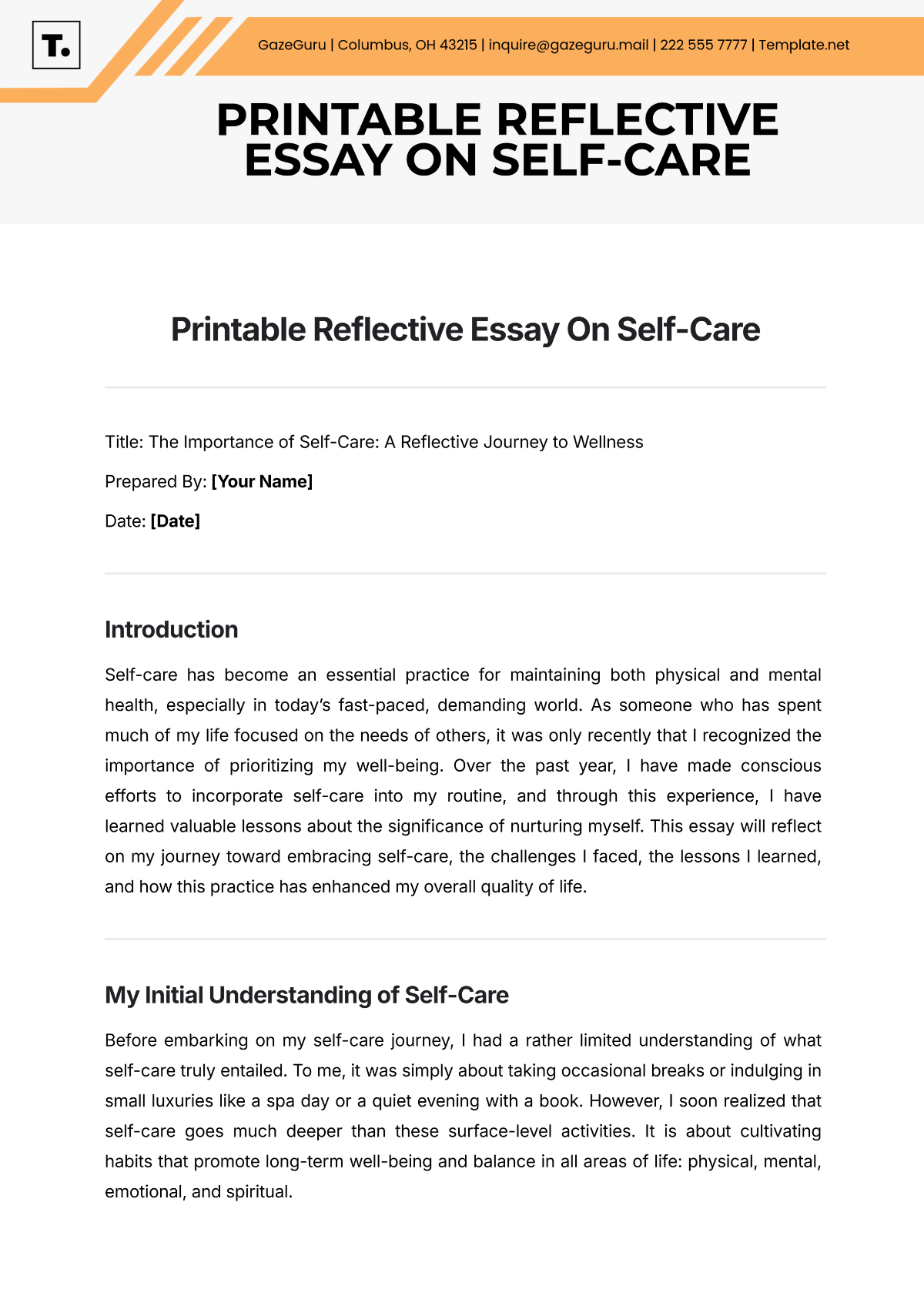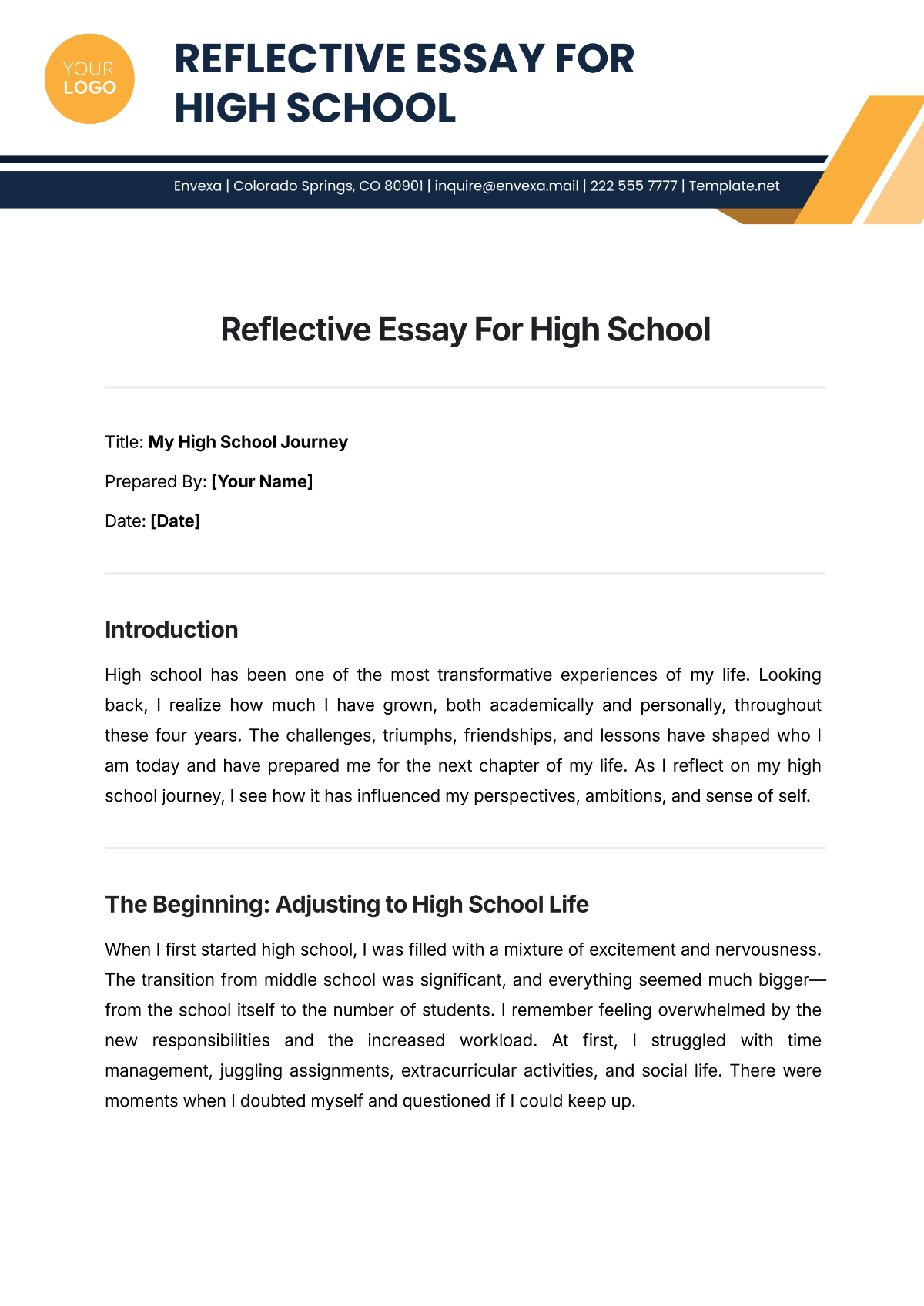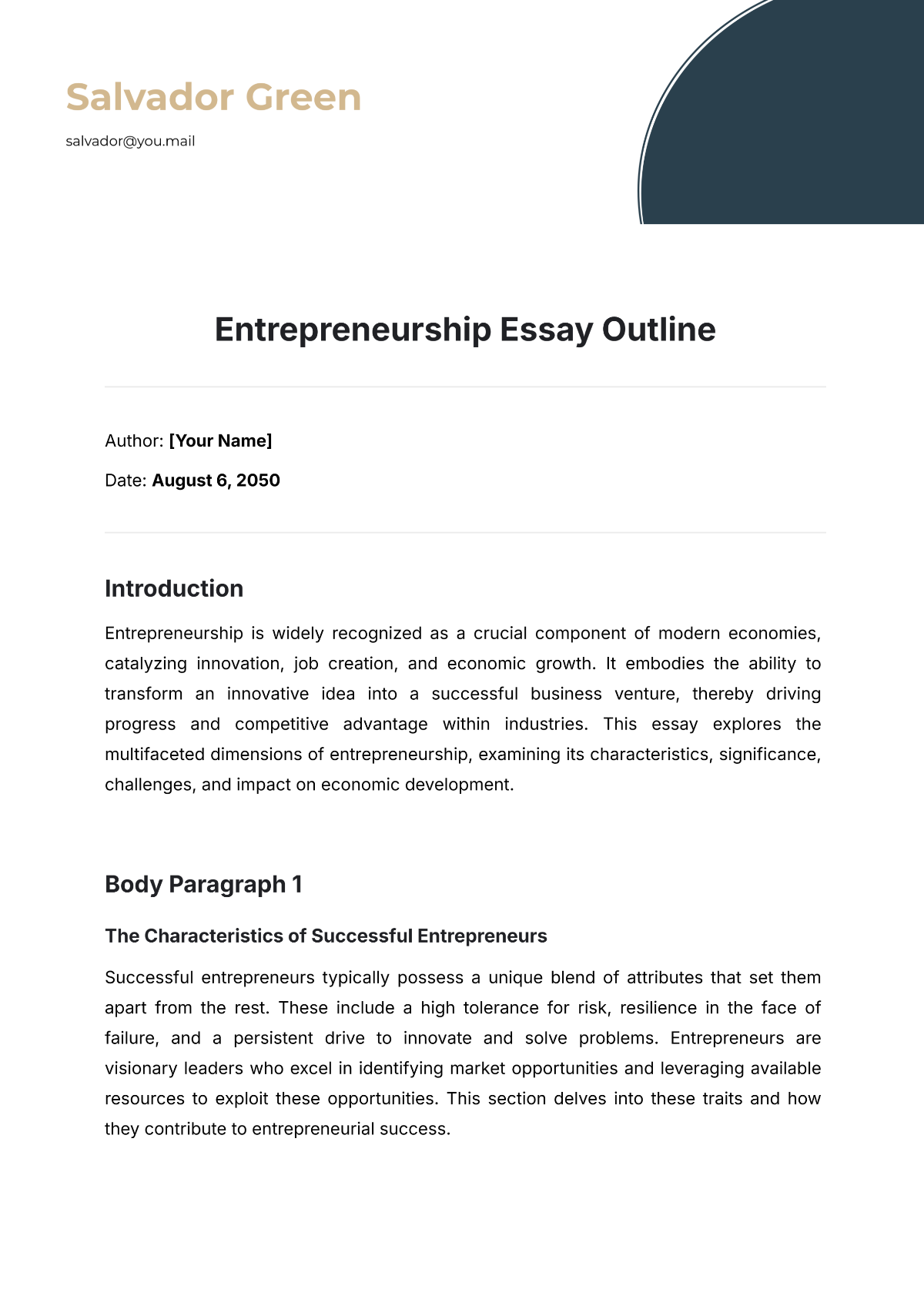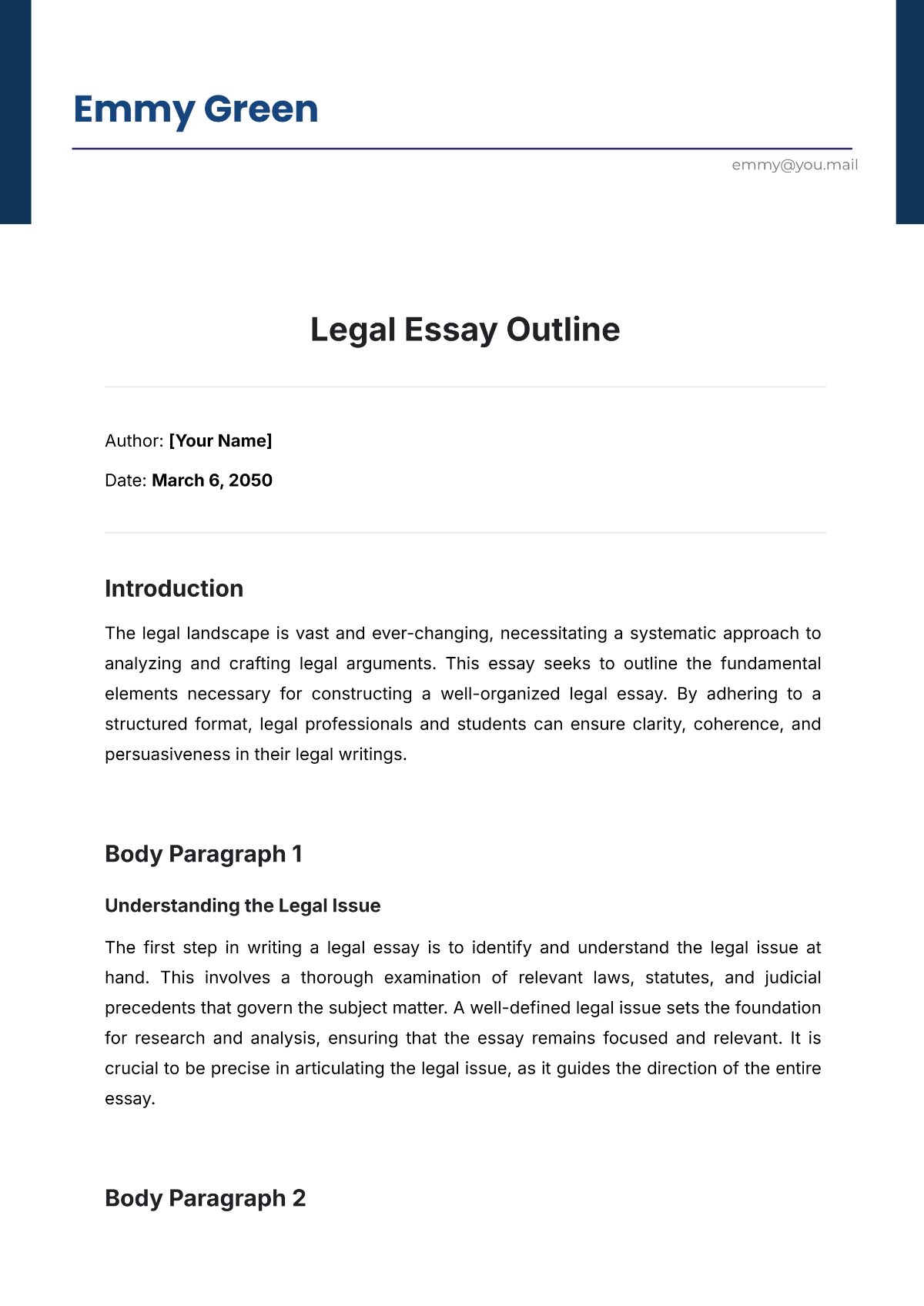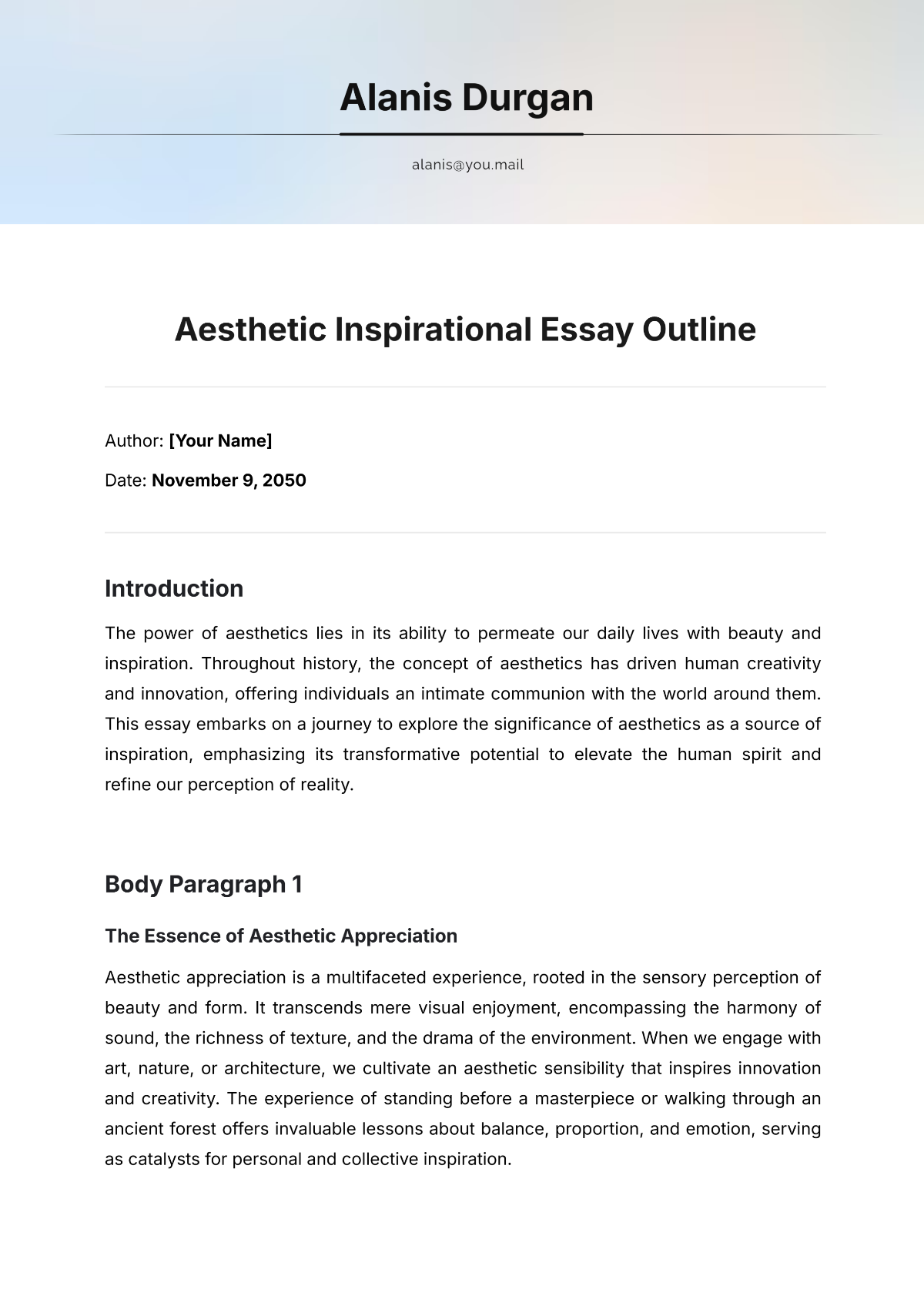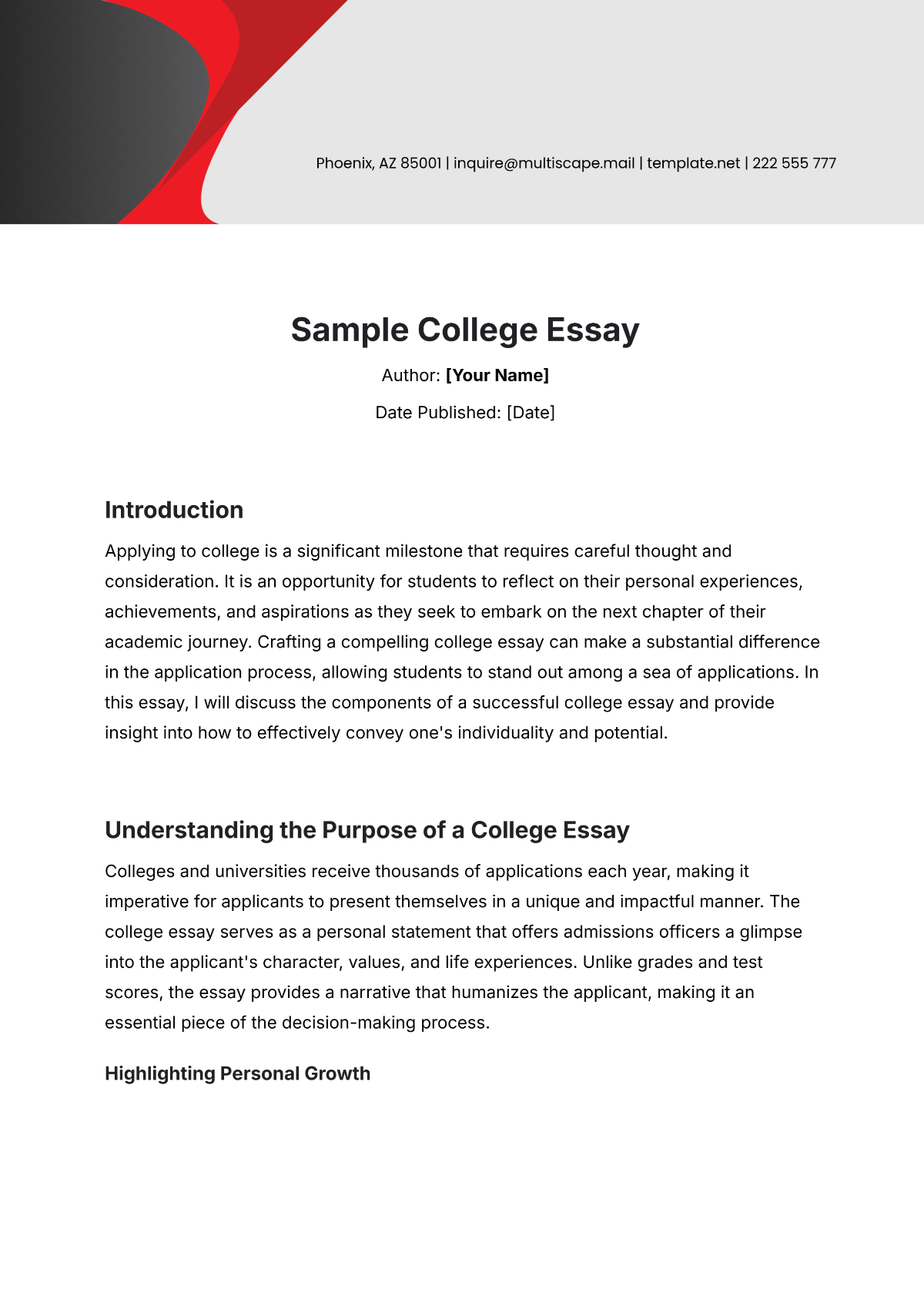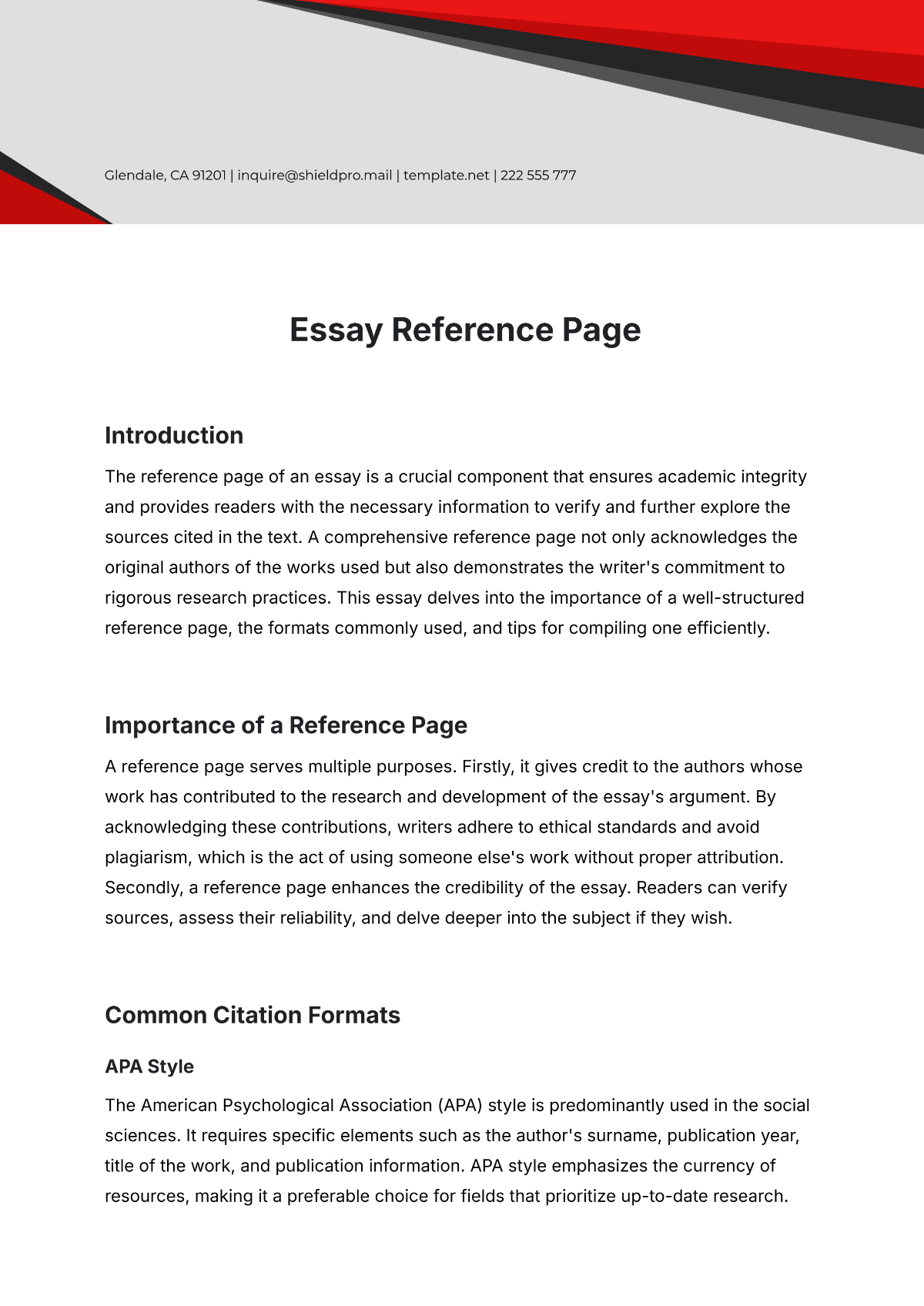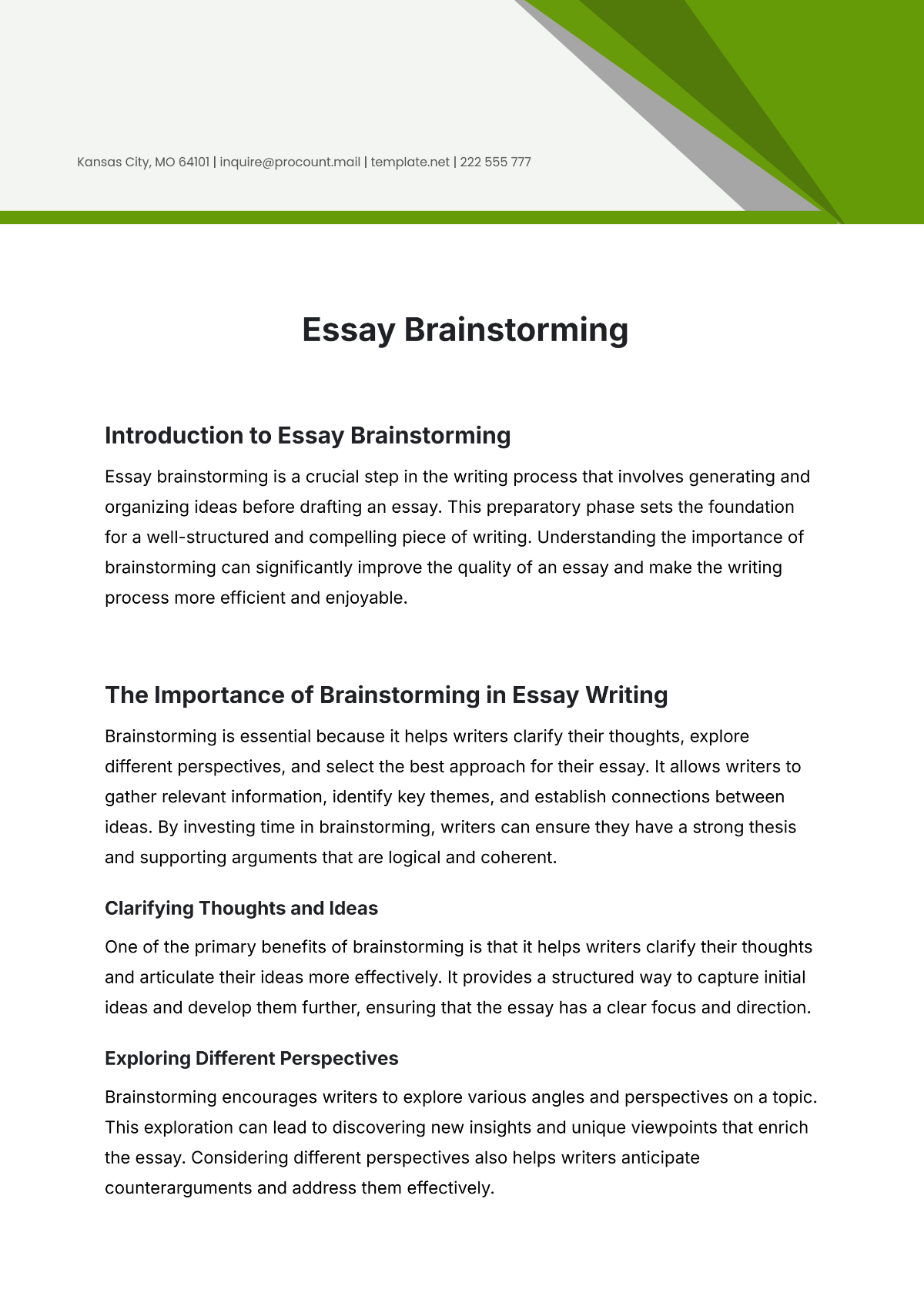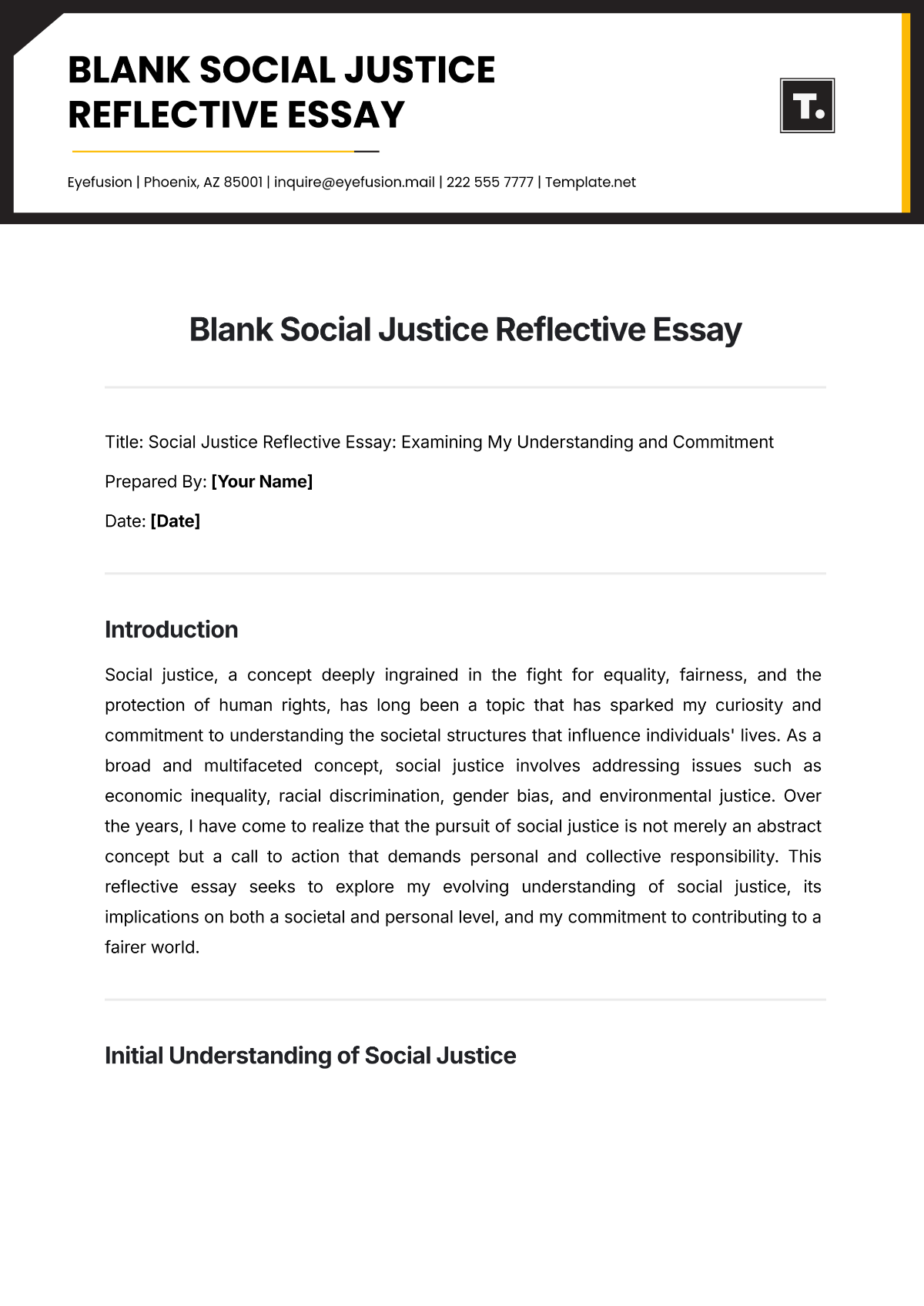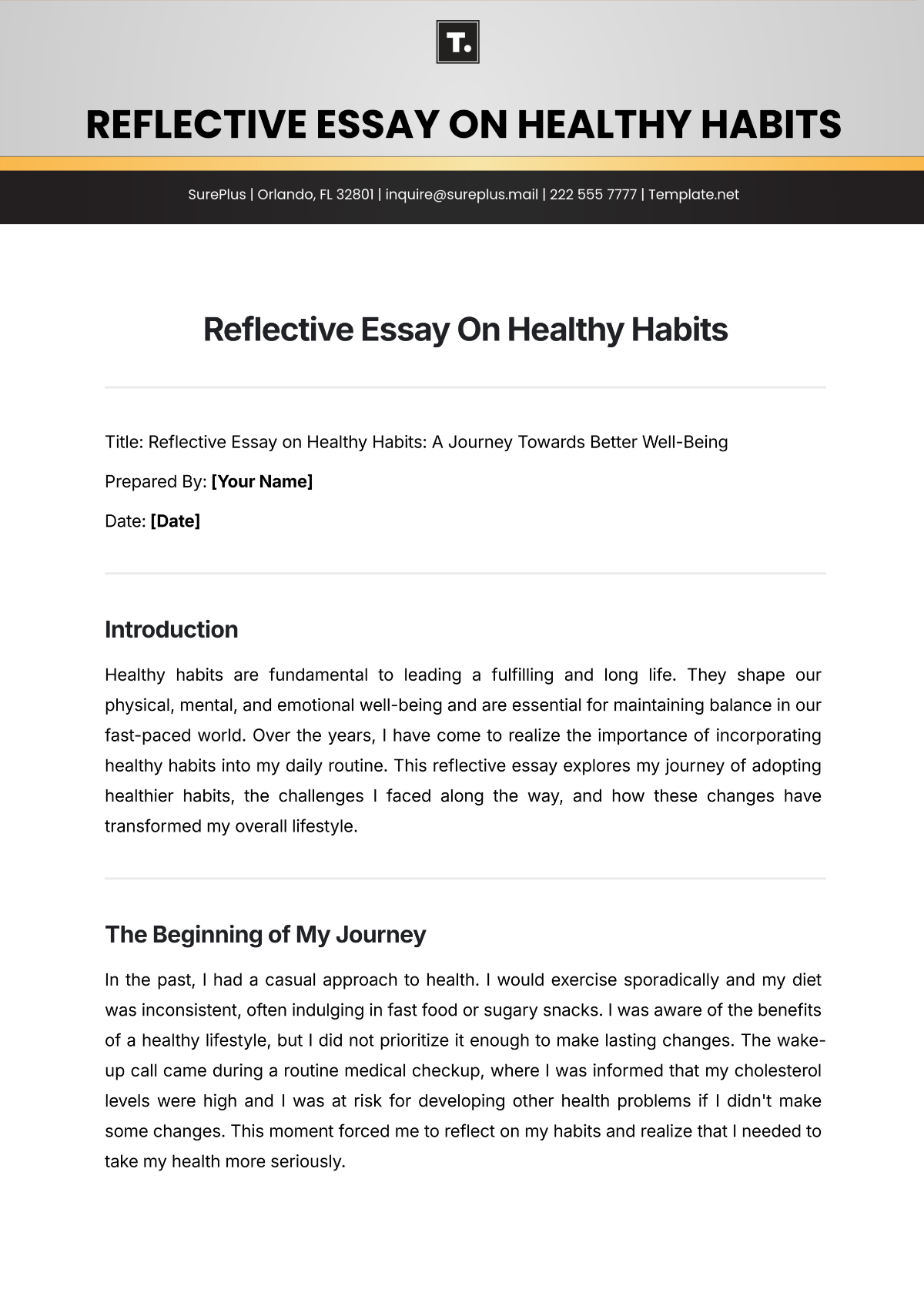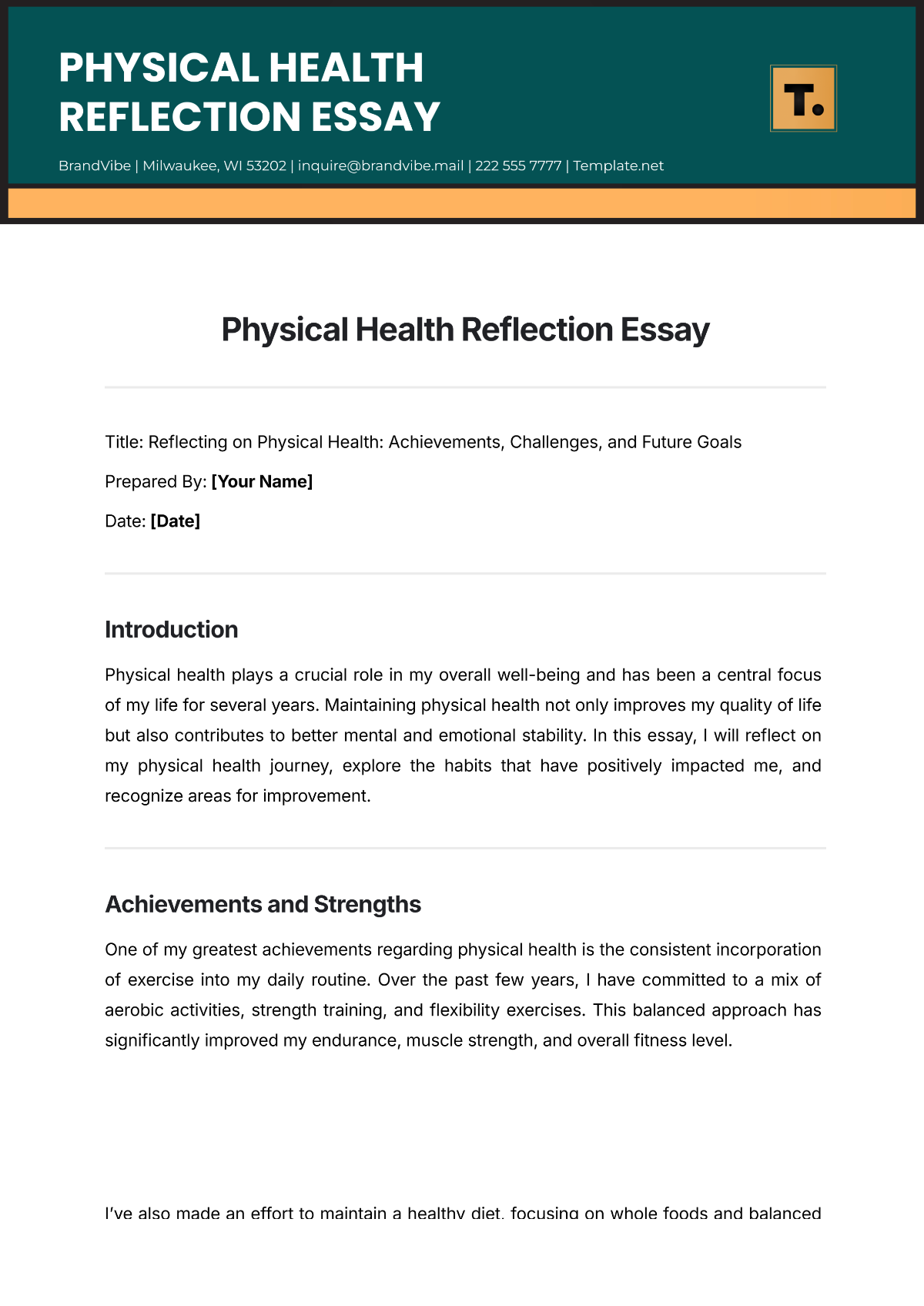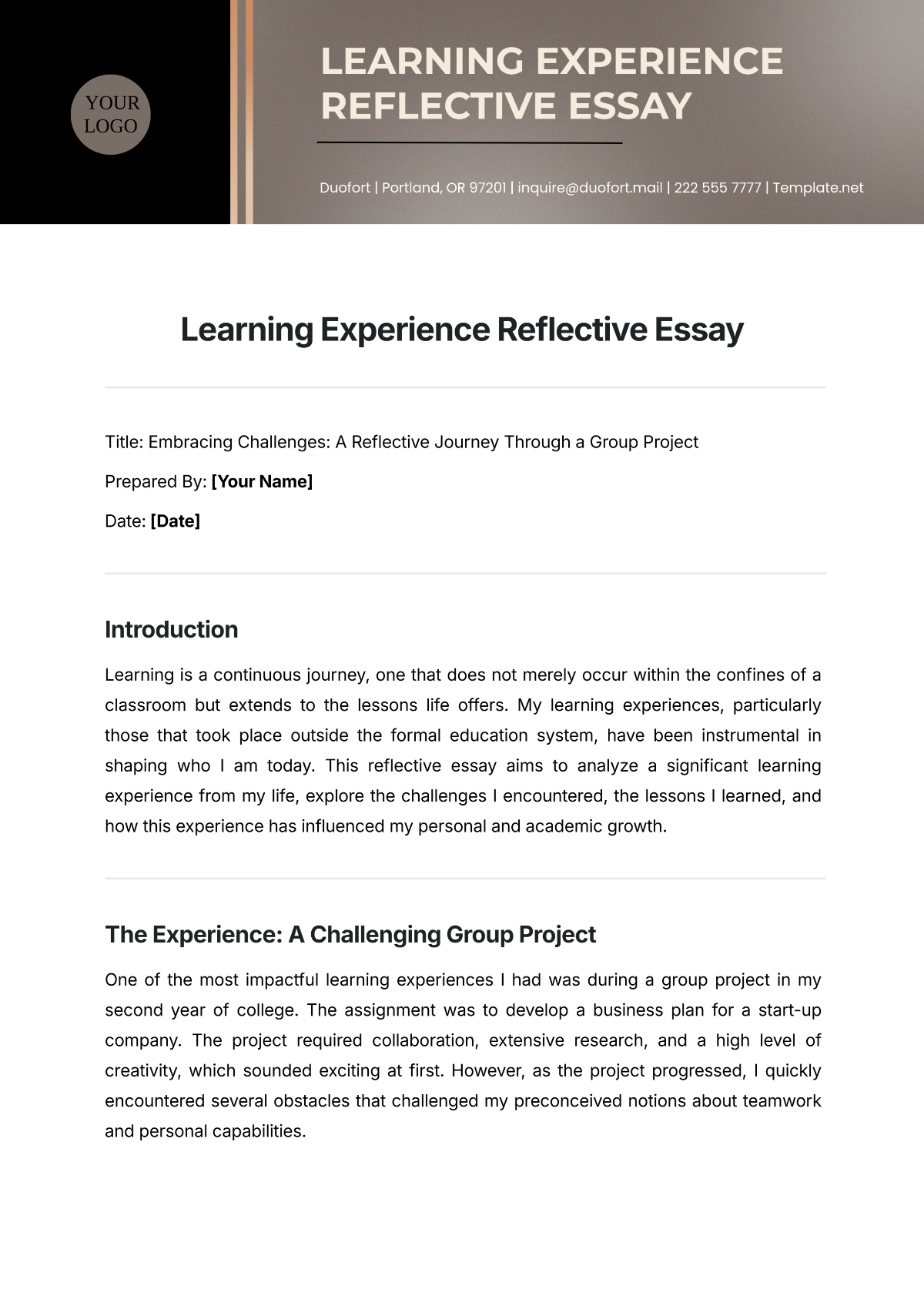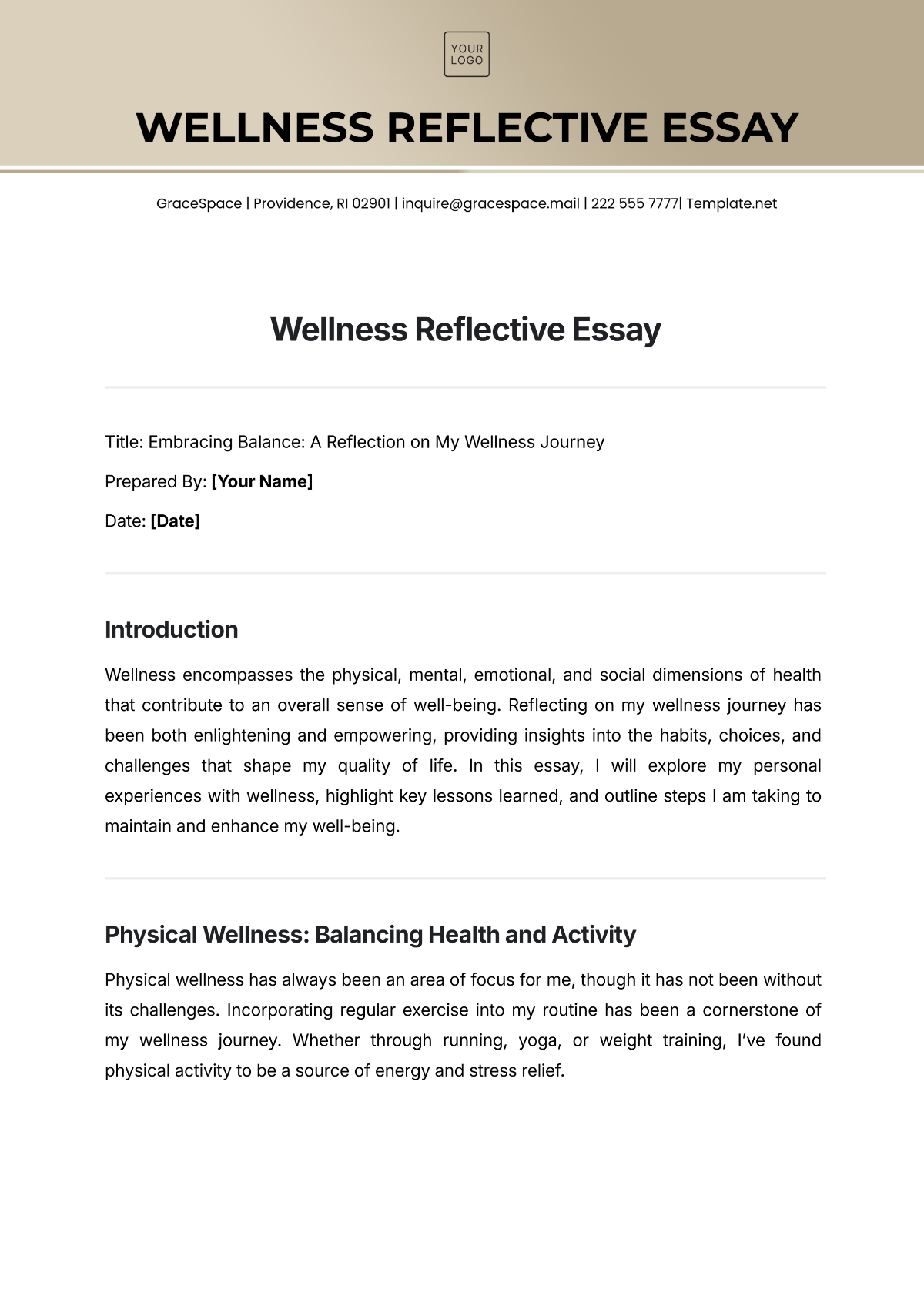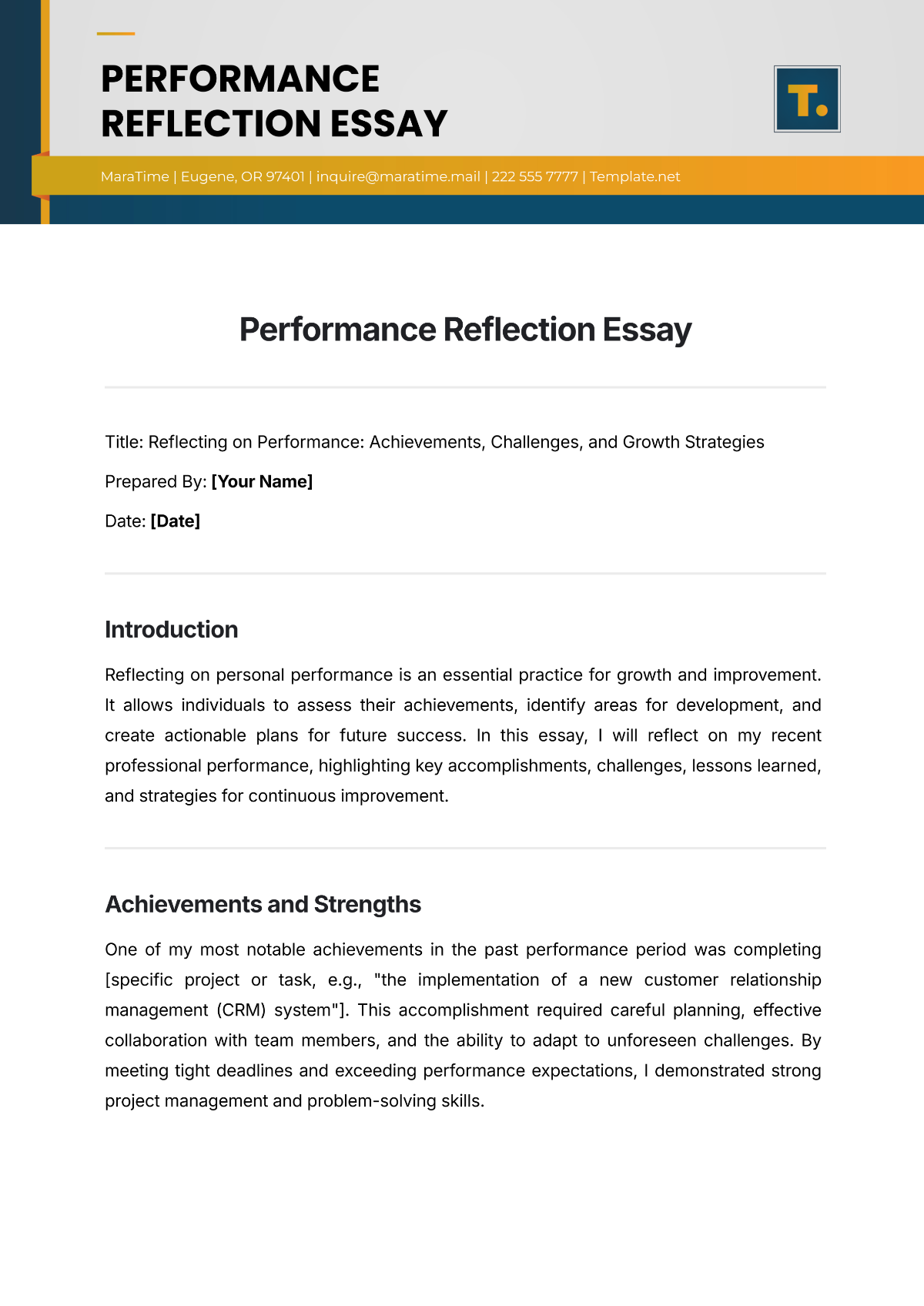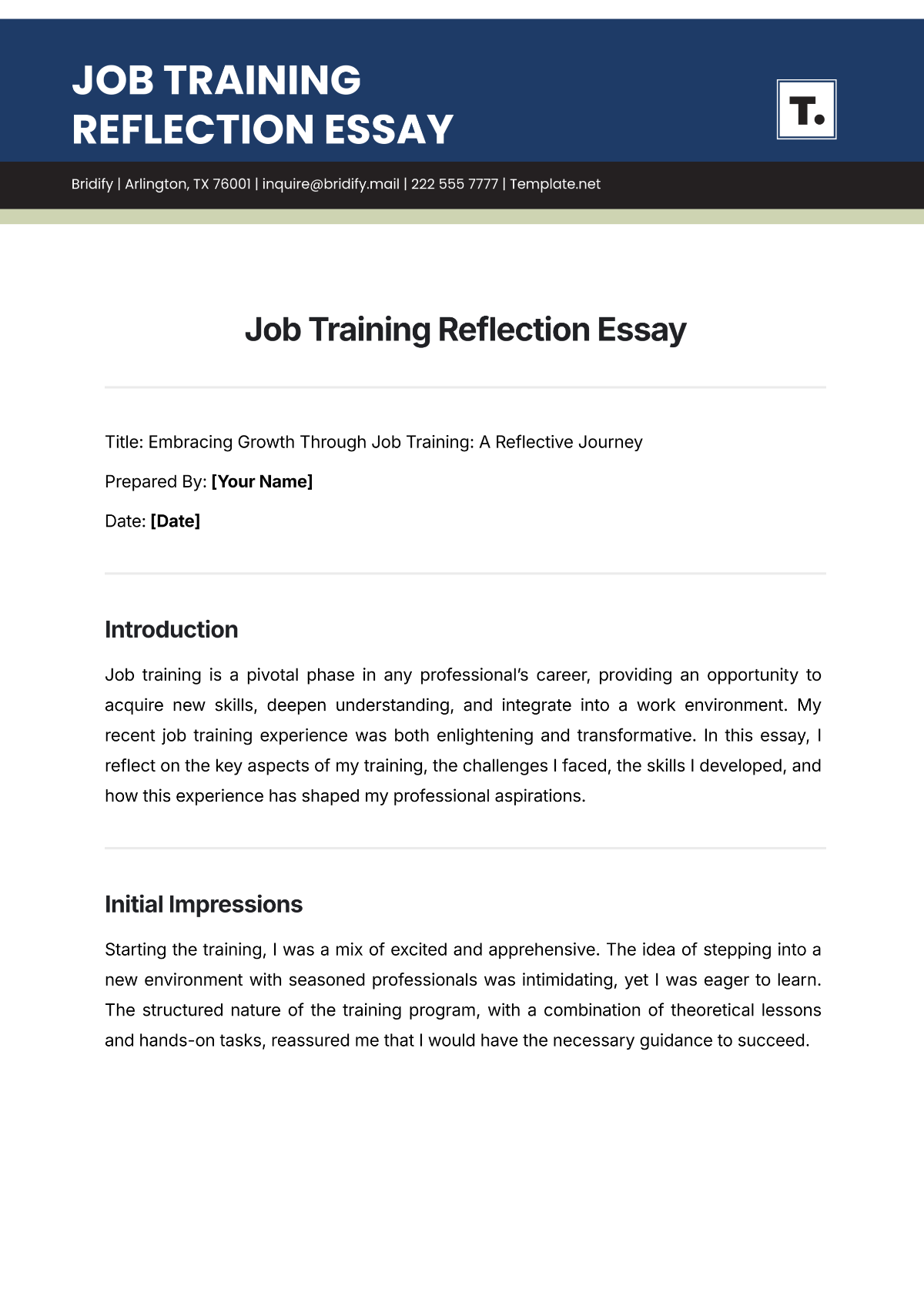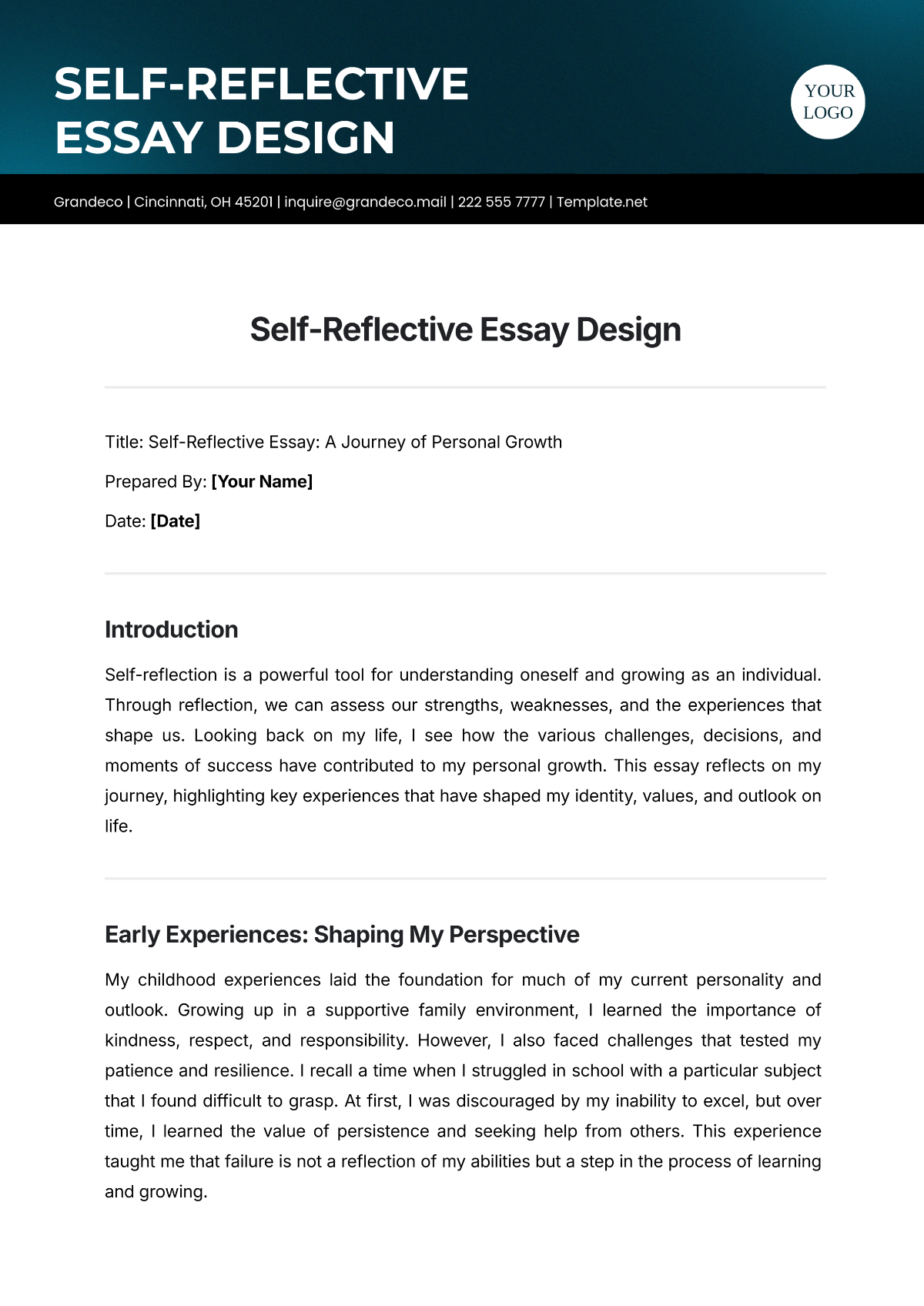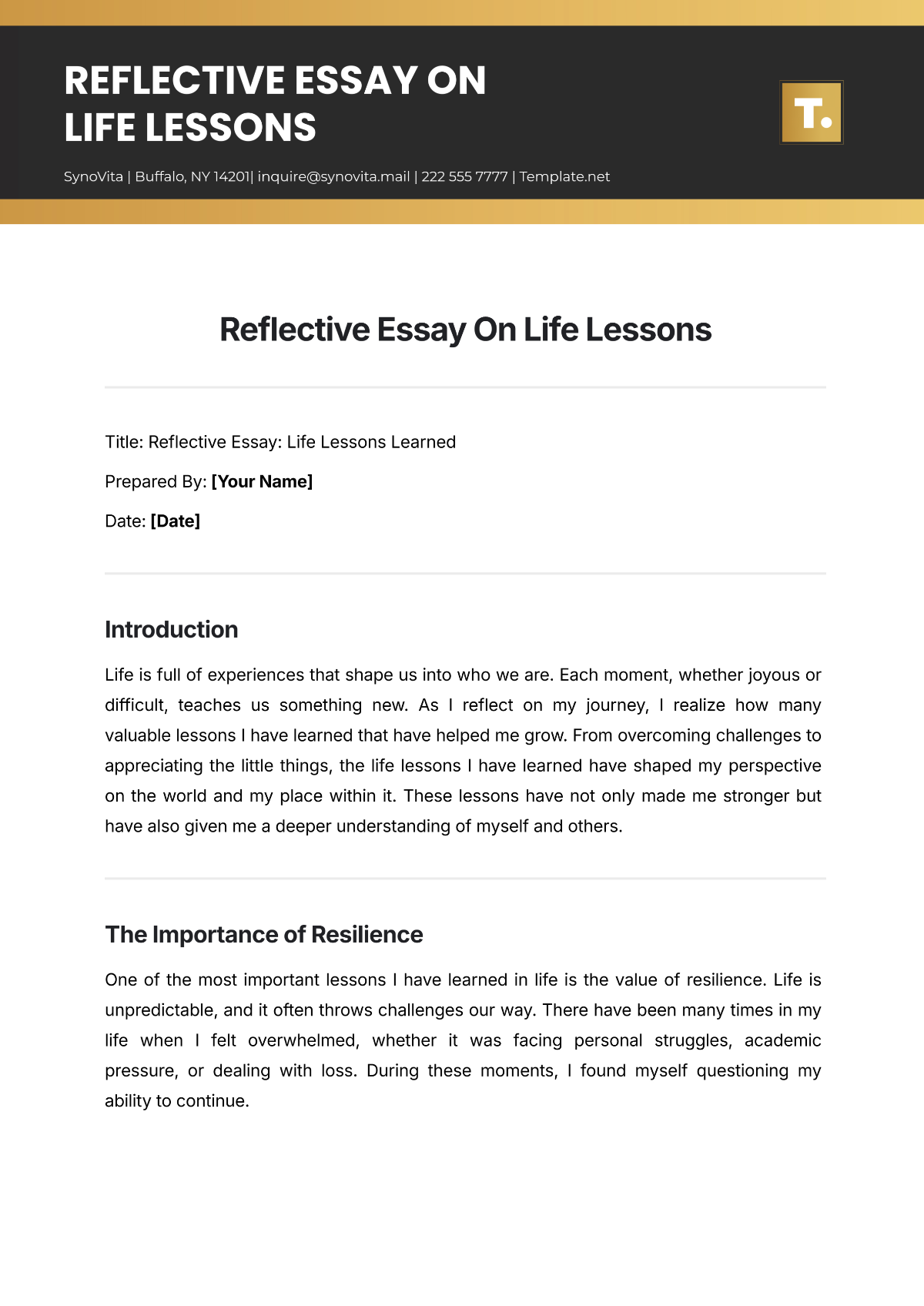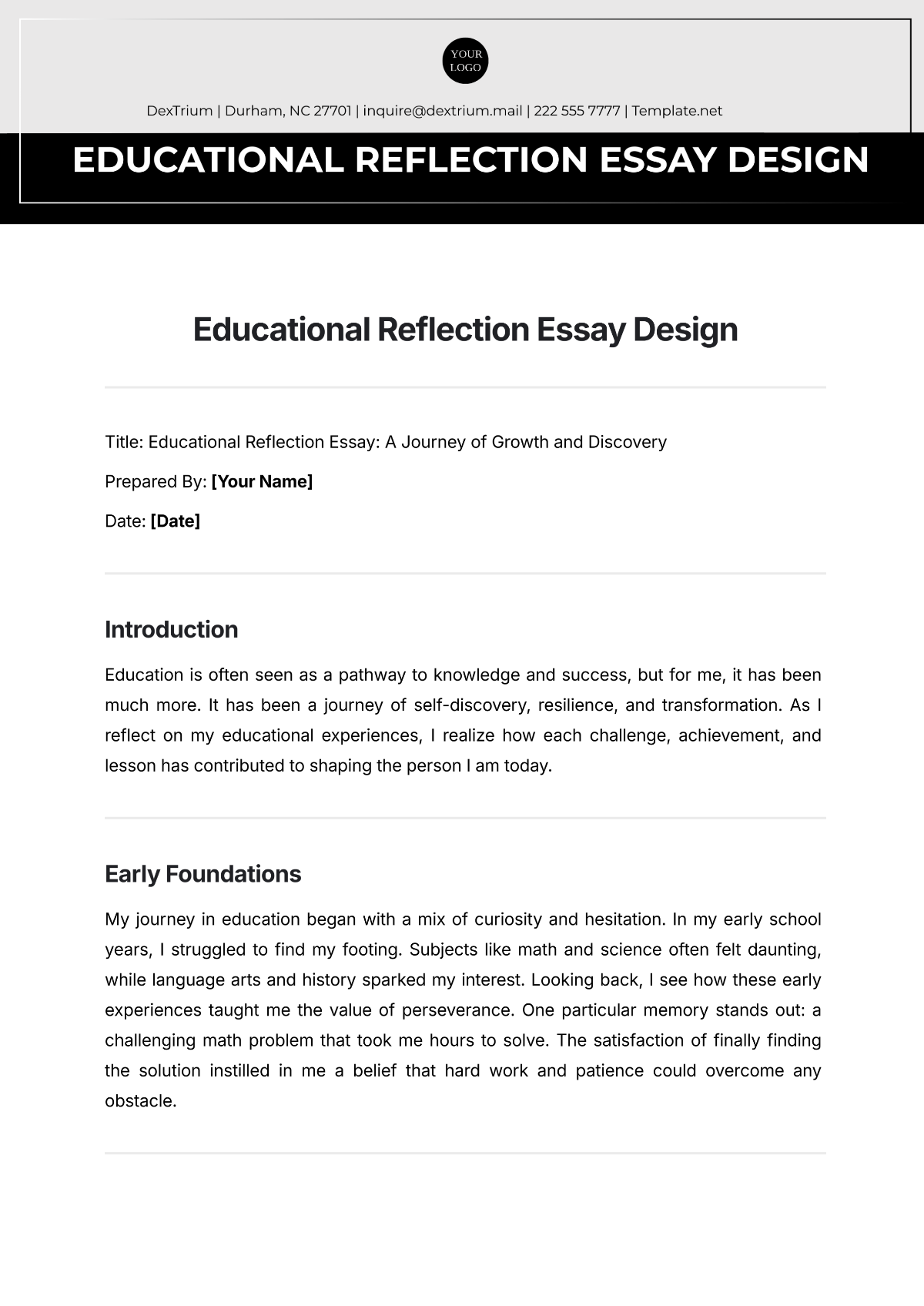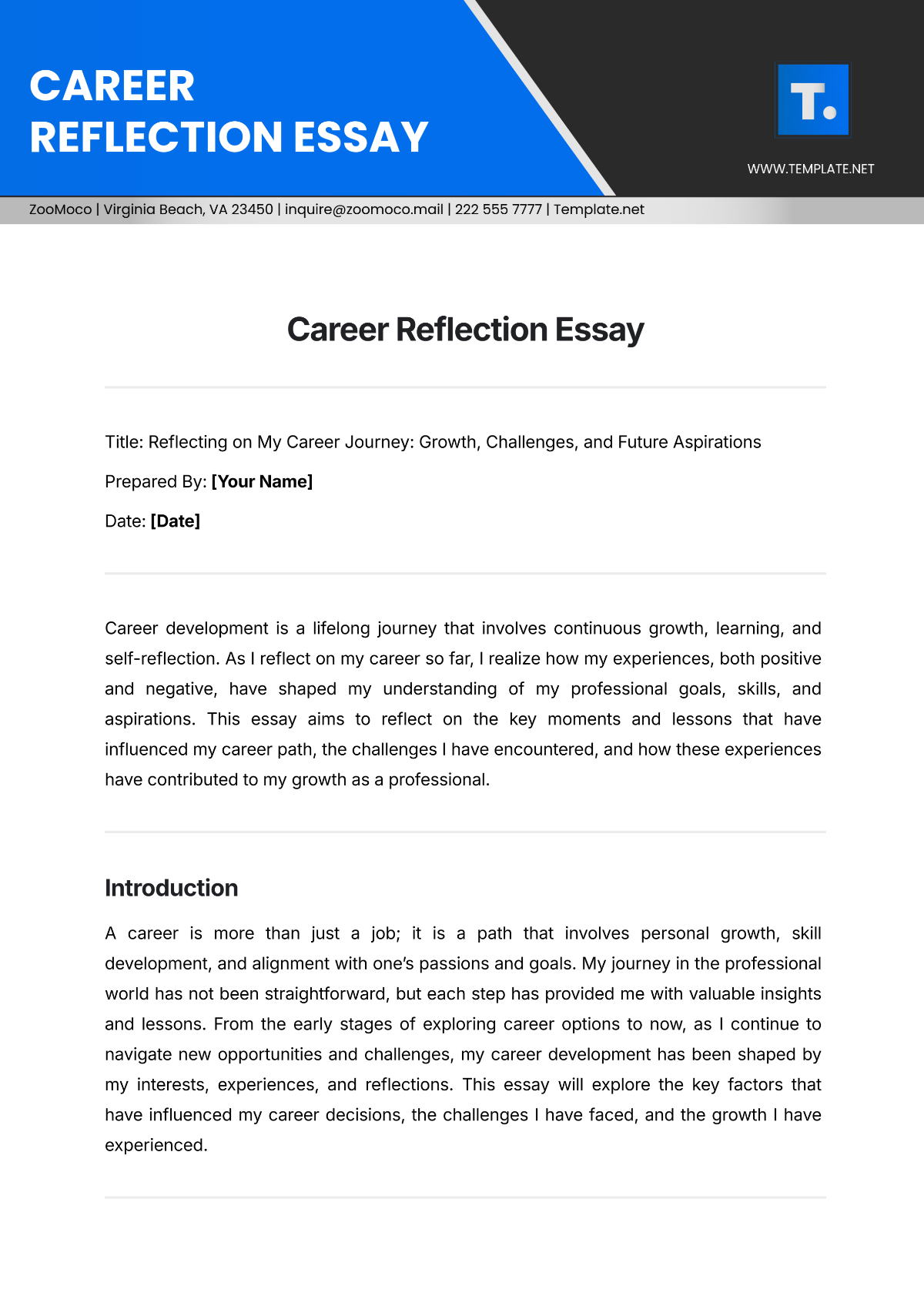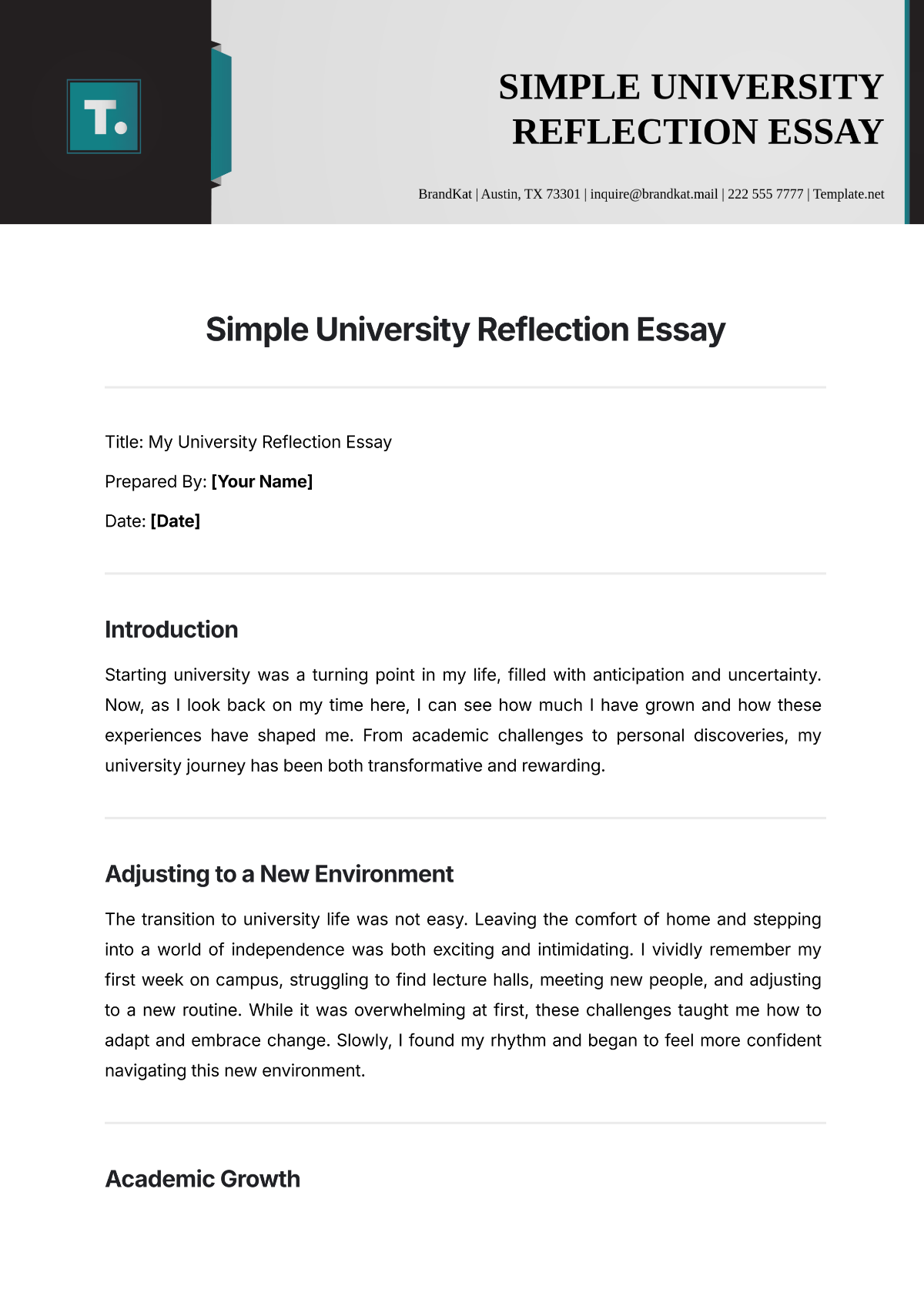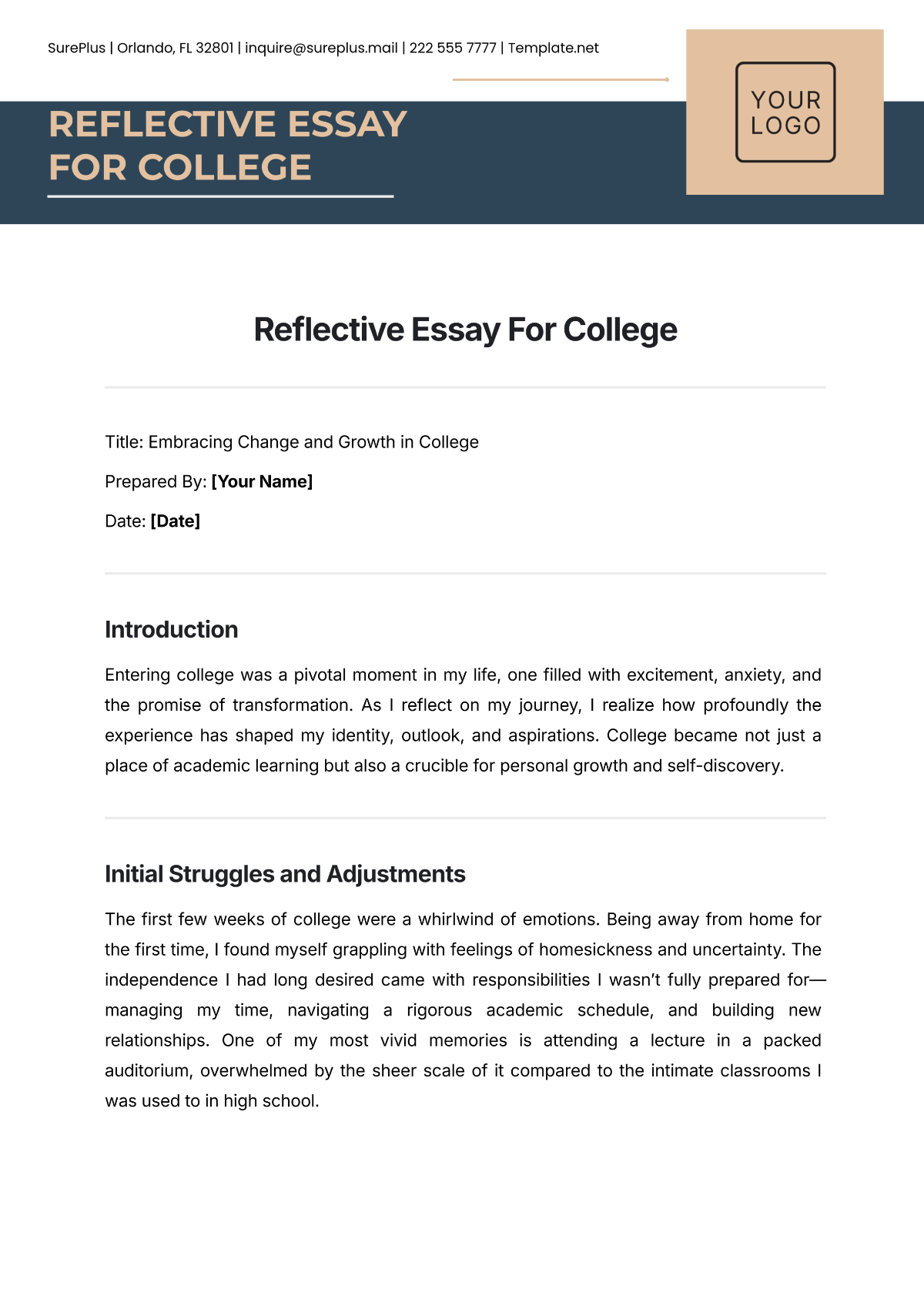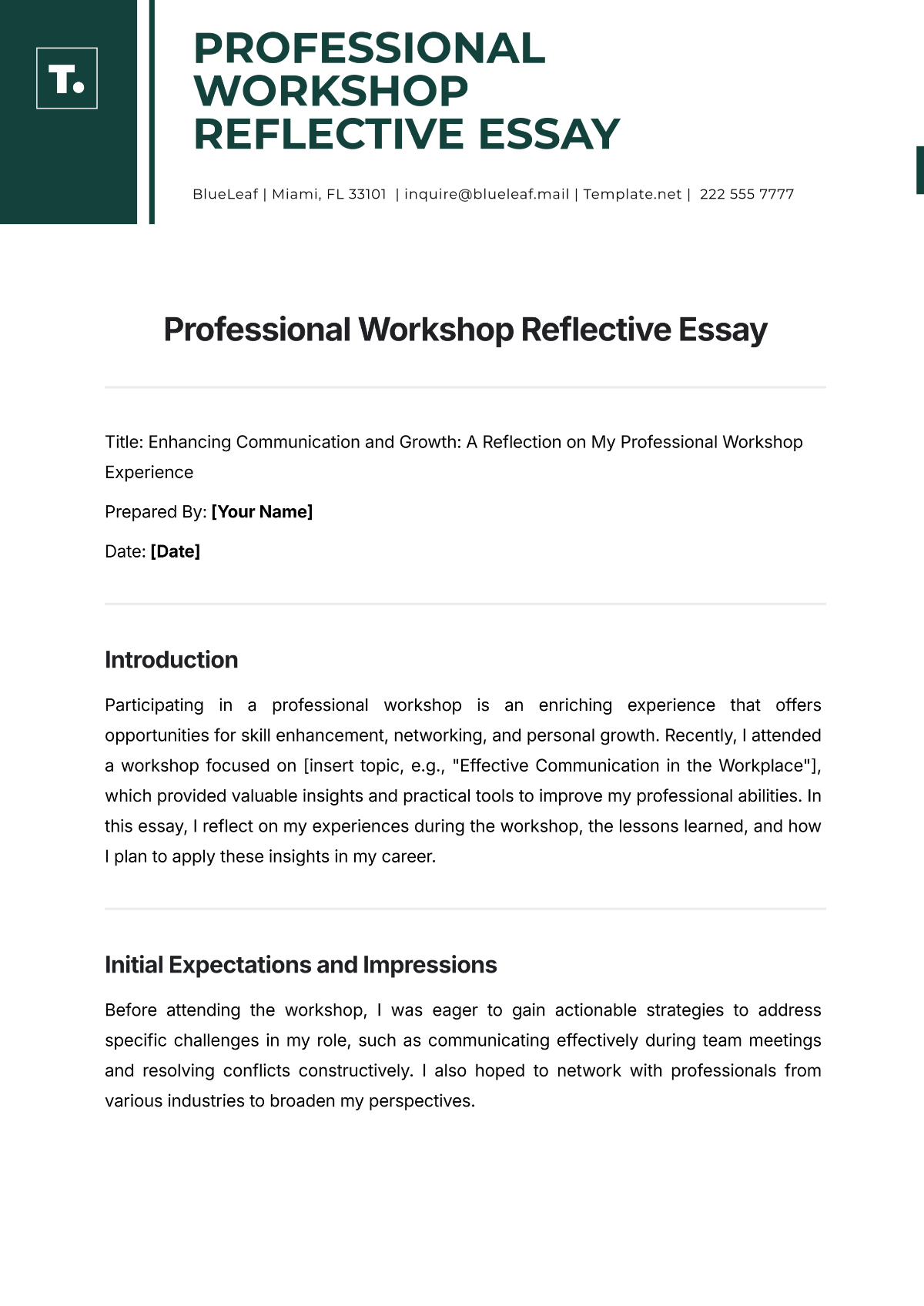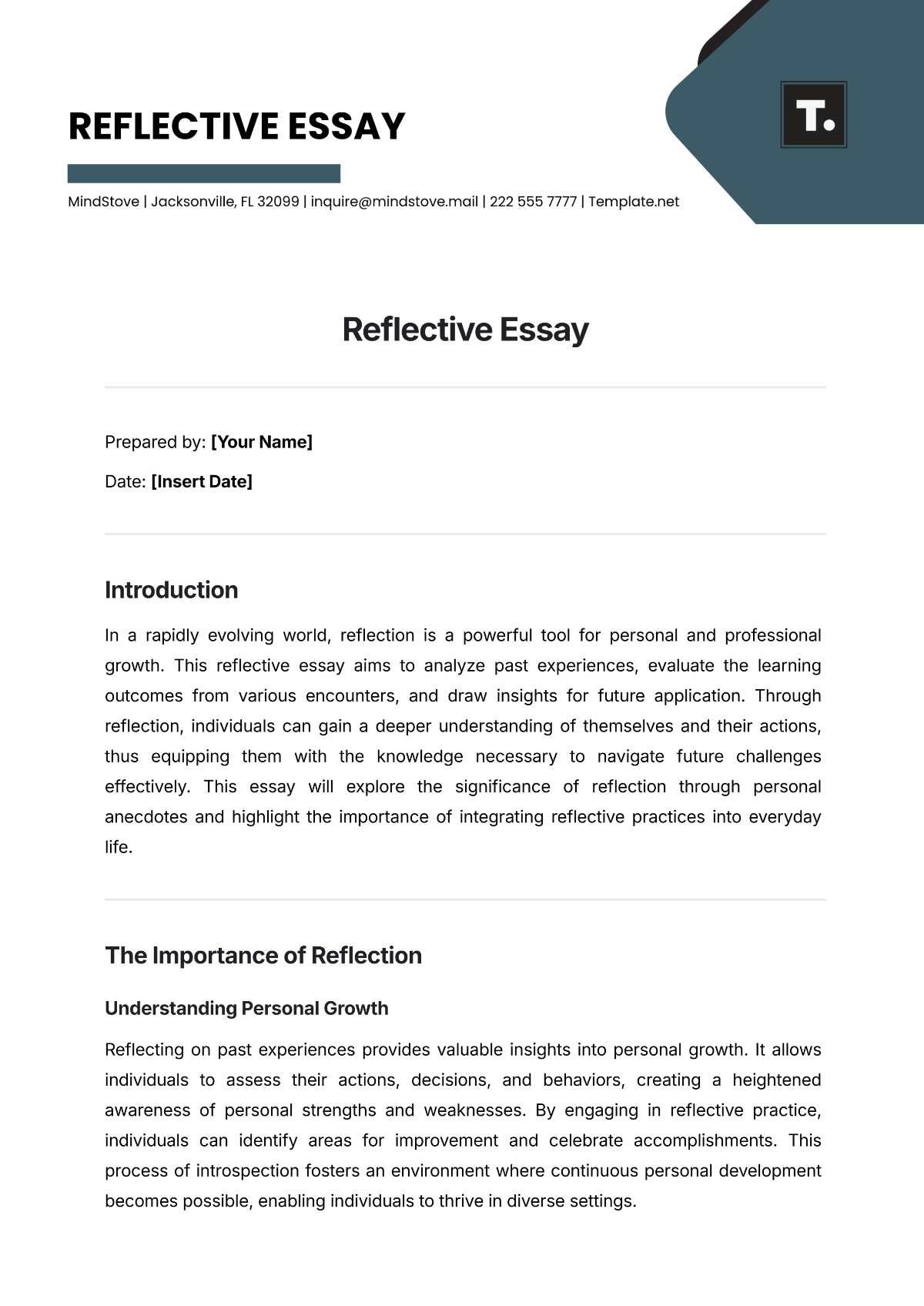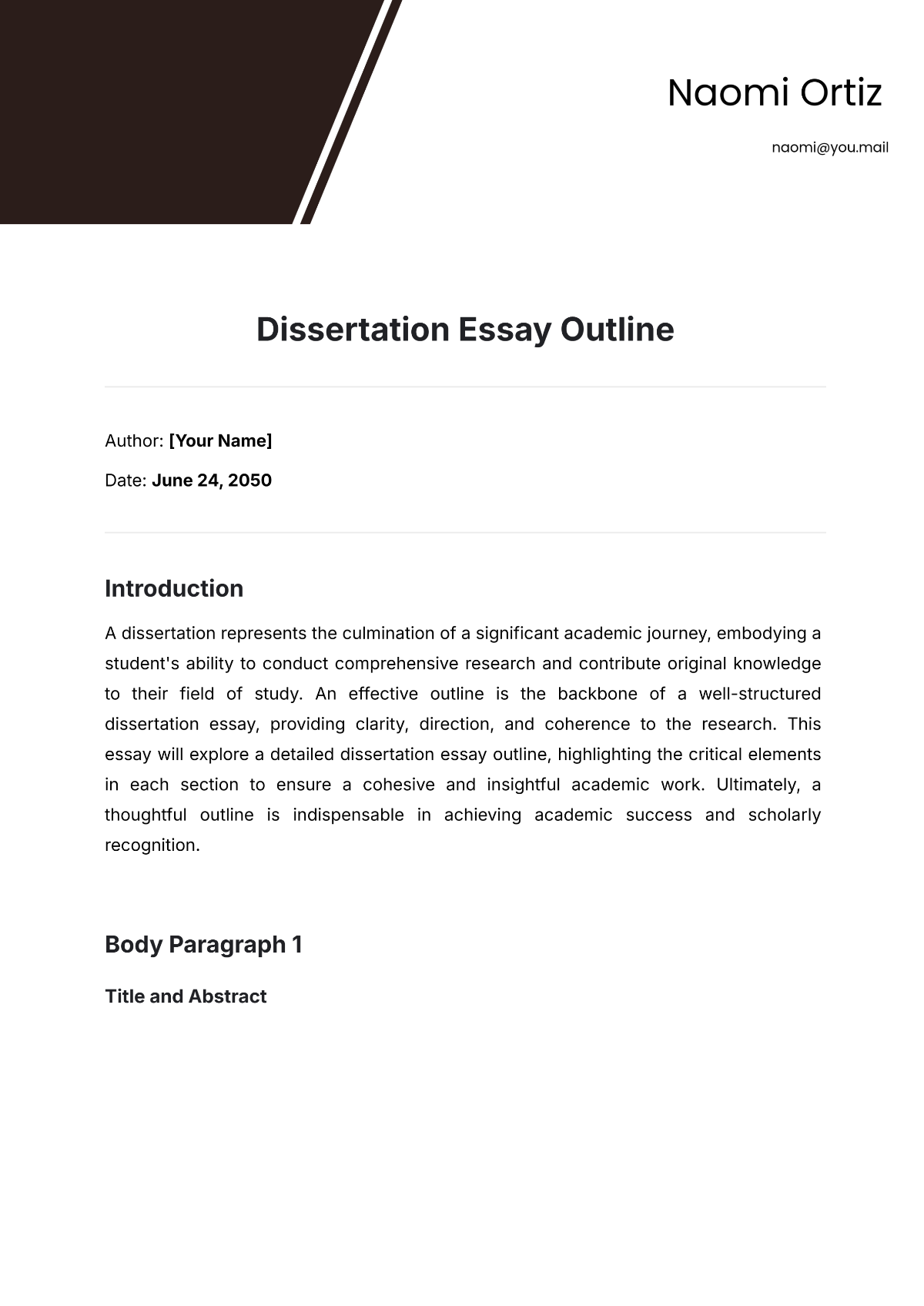Essay Brainstorming
How International Relations Shape the Future of Global Health Initiatives
Author: [YOUR NAME]
Global Health Studies 402
Professor Emily Davis
January 11, 2058
I. Introduction
The field of global health has become increasingly interconnected with international relations, as countries work together to address pressing health challenges such as pandemics, diseases, and access to healthcare. In 2058, the effectiveness of global health initiatives largely depends on the collaboration between governments, international organizations, and non-governmental actors. This essay will explore the ways in which international relations shape the future of global health initiatives, highlighting the role of diplomacy, economic cooperation, and global governance in achieving health equity worldwide. The key argument is that international cooperation, driven by diplomatic relations, is essential for the success and sustainability of global health efforts in the future.
II. Overview of International Relations and Global Health
International relations encompass the interactions between countries, which include diplomatic relations, trade agreements, and multinational cooperation. Over the years, health-related issues have transcended national borders, prompting global cooperation to address challenges such as the COVID-19 pandemic, HIV/AIDS, and climate change-related health risks. Organizations such as the World Health Organization (WHO), the Global Fund, and GAVI play pivotal roles in facilitating health partnerships between countries. Furthermore, trade agreements and international treaties, such as the International Health Regulations, influence how nations cooperate in responding to health emergencies and managing global health systems.
III. Diplomatic Relations and Health Diplomacy
Health diplomacy has become a vital aspect of international relations, as countries and international organizations negotiate and collaborate on health-related issues. For instance, during the COVID-19 pandemic, countries with strong diplomatic ties were able to secure vaccine supplies and medical resources more effectively than others. Health diplomacy can strengthen the political will to address health disparities, foster collaboration on research and development, and encourage the sharing of knowledge and resources. Countries with the ability to influence global health policies, such as the United States and China, play key roles in shaping the future of international health initiatives, particularly in areas like global vaccination efforts and the regulation of health-related technologies.
IV. Economic Cooperation and Global Health Funding
International economic cooperation is crucial in financing global health initiatives. In 2058, many health initiatives, including vaccination programs, public health infrastructure development, and research into neglected diseases, rely heavily on funding from international financial institutions and governments. The alignment of economic policies and international trade agreements can also affect the availability and accessibility of essential medicines and health technologies. For example, the Trade-Related Aspects of Intellectual Property Rights (TRIPS) agreement, which governs patent laws, plays a significant role in the affordability of medicines in low- and middle-income countries. Economic collaboration, through both public-private partnerships and multilateral funding mechanisms, will continue to be a cornerstone in the fight for global health equity.
V. Global Governance and Health Policy Integration
Global governance, which includes the efforts of international organizations, intergovernmental forums, and non-state actors, is key in shaping health policy on a global scale. The integration of health into broader global governance agendas, such as sustainable development goals and climate change initiatives, has the potential to improve health outcomes worldwide. The increasing recognition of health as a critical component of human security and economic stability has led to the establishment of cross-border health initiatives, focusing on issues like mental health, universal health coverage, and environmental health. The role of the United Nations and the World Trade Organization, as well as regional organizations like the European Union and African Union, will remain instrumental in shaping how health priorities are addressed in the coming decades.
VI. Conclusion
In conclusion, international relations are integral to the future of global health initiatives. Health diplomacy, economic cooperation, and global governance frameworks all play critical roles in addressing global health challenges. As we move forward in 2058 and beyond, countries must continue to strengthen their diplomatic ties and enhance their collaborative efforts to address the growing health needs of a global population. By fostering international cooperation, global health initiatives will have the potential to improve health outcomes, reduce inequalities, and build a more resilient global health system for the future.
VII. References
Brown, A. (2057). Global Health and International Relations: A Path to Sustainable Development. Health Policy Press.
Smith, J. (2055). Economic Cooperation in Global Health: Funding Challenges and Opportunities. Global Health Journal, 30(2), 45-58.
Kumar, P. (2058, January 12). The role of global governance in shaping future health initiatives. International Health Review. https://www.internationalhealthreview.org/global-health-governance



